Academic Research Conferences are one of the most valuable opportunities that a given people get to show the results of their work, to seek advice and to meet similar persons. Regardless if this is your first time to join a conference or you are a part of it on the regularly basis, it is helpful to prepare for it. From this article, we shall take you through the SWOT analysis in an effort to help you prepare for the next academic conference.
1. START: List down Your Expectations out of Attending
When you have not yet signed up for the conference, ask yourself the purpose of attending the event. Are you participating to convey your work, to find potential partners and funders, or to learn about updated information on your fields of interest? It will enable you to create targets on which sessions, speakers or workshops to follow.
Presenting Research: If you are presenting then your main objective is to make your presentation as understandable and persuasive as possible.
Networking: If constructing relationships is important, a person must participate in social meetings and contribute to discussions.
Learning: If, for example, you are going to attend to get some knowledge in a specific field, try to attend those sessions which you believe are relevant to your work.
2. Submit Your Abstract and Paper only in case if you are going to make presentation.
If you plan to present, you are required to submit you’re abstract and papers as early as possible. Remember to stick to the specified guidelines of a submission to a conference mainly in terms of the recommended word length, how the document should be formatted among other things and the submission deadlines.
Tip: Select a topic of your study but at the same time it should be appealing to the attendees of the conference. This will increase the probability of your paper being accepted and when accepted, well received.
3. Prepare Your Presentation
If you have been lucky to be selected to make a presentation, then this is how you should do it. Here's how you can go about it.
Create a Clear and Engaging Presentation: Your slides should be eye-catching minimalist, free of clutter, and should only include the main points. Do not overcrowd a slide with content and if possible, elaborate your points with charts, graph or image where necessary.
Practice Your Talk: Rehearse the presentation several times, as it is possible to do this in front of your friend or co-worker. Be aware of your voice and language; gestures and pacing.
Time your Presentation: Most conferences have stringent time considerations, so use a time table to help ensure the group stays on track as per the fixed time for presentation.
Prepare for Q&A: Consider what questions one may ask on the topic, and develop easy-to-understand answers. Showing preparedness to answer questions is always a sign that one understands his/her research work well.
4. Spruce up Your Resume and profiles
If the conference has a way of connecting people for example through the creation of groups, ensure that your account is up to date with the latest research information.
Tip: Scientific photos should be uploaded and your fields of interests, recent papers should be filled so that attending individuals can quickly find it.
5. Book Your Trip and Stay
After the presentation has been approved, the next thing is to consider how you are going to travel. Consider these points.
Book Early: Plan and buy flight tickets as well as train and booking your accommodation early enough to avoid high prices and last minute rush.
Travel Arrangements: Visit the conference’s website to find the transport information; whether shuttle services from the airport are available or which hotels are considered to be most appropriate for staying during the conference.
Time Zone Awareness: If the conference occurs in another region or other country, be careful with time difference.
6. Network Strategically
Conferences are a prime opportunity for networking, so it’s important to plan ahead:
Reach out Beforehand: If there are certain persons or organizations you would like to-dialogue just let them know, preferably prior to the dialogue, that you are interested in their work.
Bring Business Cards: Despite of this, business cards are a good way of putting down contact detail in a short of time.
Attend Social Events: Some conferences have moaning receptions, dinners, or other social gatherings, any circumstances are a good time to make casual contacts with other researchers.
7. Plan for the poster sessions (if the presentations are to be in this format)
And don’t forget a little rule: if you are going to give a poster – it should look nice, be readable and tell about your work. Here are some tips:
Design: Don’t write much, instead incorporate high quality pictures and images. The poster should sum up the story of your study in a few words and interesting graphics.
Interactivity: Compose an overview that will be no longer than thirty seconds to summarise your findings. It should Repeat your findings in 2-3 minutes durably and make hesitant bystanders hurry to get closer to your stand.
Engage with Attendees: Registration is also a good time to be prepared to answer questions and elaborate your work in detail during the poster session.
8. Make it Your Duty to Get Acquainted with the Conference Timetable
However, before going for a conference, always look at the calendar as a guide on some of the sessions that should be attended. Like with any kind of conference, there is usually a series of topics that attendees can cover which can be overwhelming.
Prioritize Key Sessions: Select sessions reflecting your area of study or ideas you have not considered before.
Set Reminders: Take a phone or a digital calendar to mark some of the important sessions, or an event that you are not willing to miss.
9. Pack Wisely
What you need to pack is not just your clothes but much more when going for a conference. Here are some method items you should consider bringing.
Presentation Materials: Presenters should carry their copies of the slides, a back-up of the USB drive and any other material necessary which may include the laptop, adapters among others.
Business Cards: Among those tips, one is notable once again – networking is critical, so do not leave your business cards at home.
Notebooks or Devices: Come to session with something to write on and something to write with. This should assist you to recall some highlights and communicate a point in full afterwards |
Comfortable Shoes: Just know that most of the time you’ll be doing a lot of walking around so wear comfortable shoes for the legs.
10. Maintaining Organizational During the Conference
Once at the conference, stay organized by keeping track of:
Key Contacts: Always note down the people you meet with them with contacts of the people you have met. After the conference is a perfect time to maintain connection with those who we met there.
Session Notes: Take notes during the sessions that will help you recall information that you have learnt during the course of the session.
Important Materials: This could also apply if you are holding handouts or papers, in other to avoid losing vital information.
11. Conclusion after the Conference
There are few things that are crucial after attending an entrepreneurship conference and those are the follow-ups. This will enable you to develop long term relationship with fellow professionals.
Send Follow-Up Emails: Contact important contacts made earlier and express your appreciation with further negotiations for possible further communication or cooperation.
Review Your Notes: Look back at the sessions and try to identify a couple of things that stood out for you and how you can use those in a particular research study.
Share Your Experience: If applicable, post your experience on the social networks of the firm, or if you want to write a short blog on what you took away from the conference.
Conclusion
To get the maximum yield out of an academic research conference, some preparation is necessary hence making it a not to be missed event. Regardless of whether you are sharing your work, talking to other professionals, or participating in students-sharing-students sessions, the strategies are simple: be prepared, be active, and take the best shot. If you follow the tips stated above, then you’ll be well prepared to make a difference at the next academic conference out there.

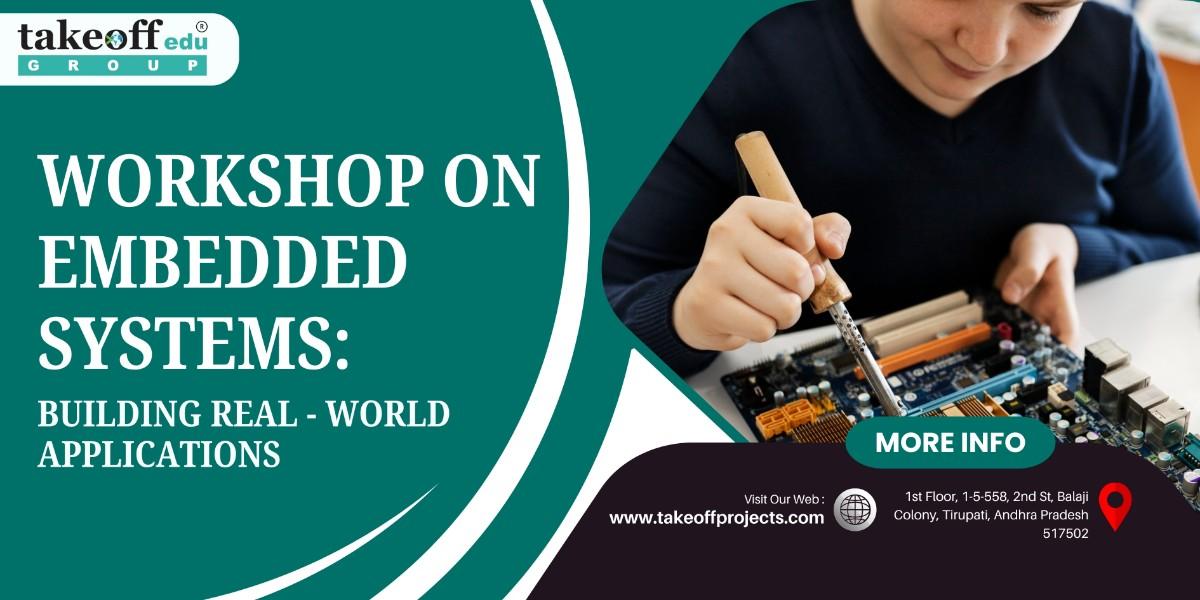 Workshop on Embedded Systems: Building Real-World Applications
Workshop on Embedded Systems: Building Real-World Applications 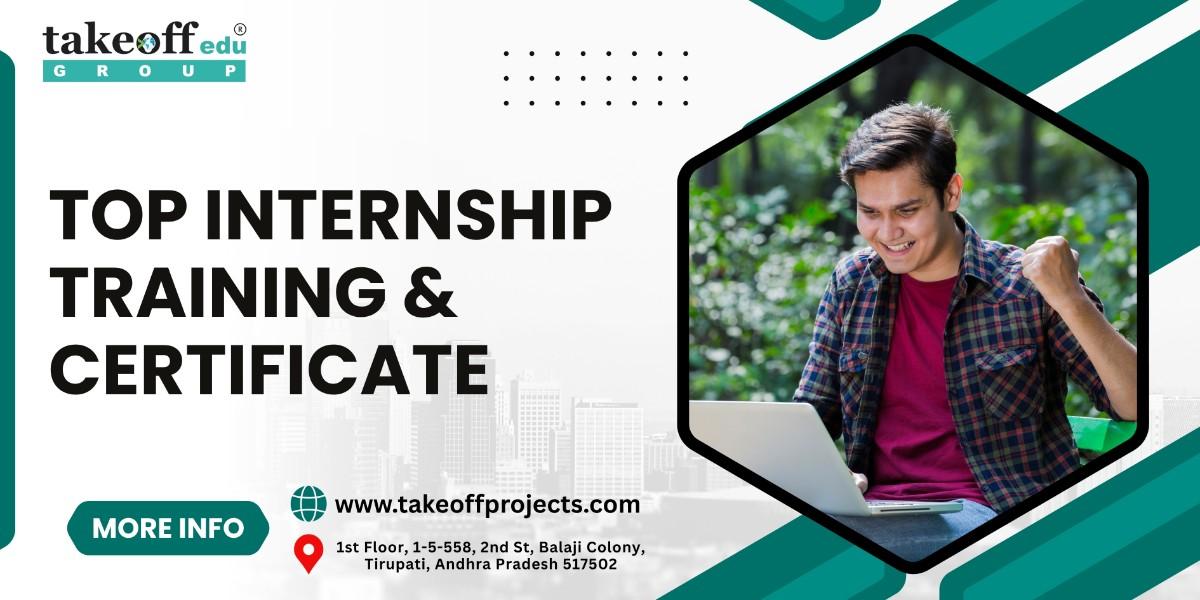 Top Internship Training & Certificate
Top Internship Training & Certificate 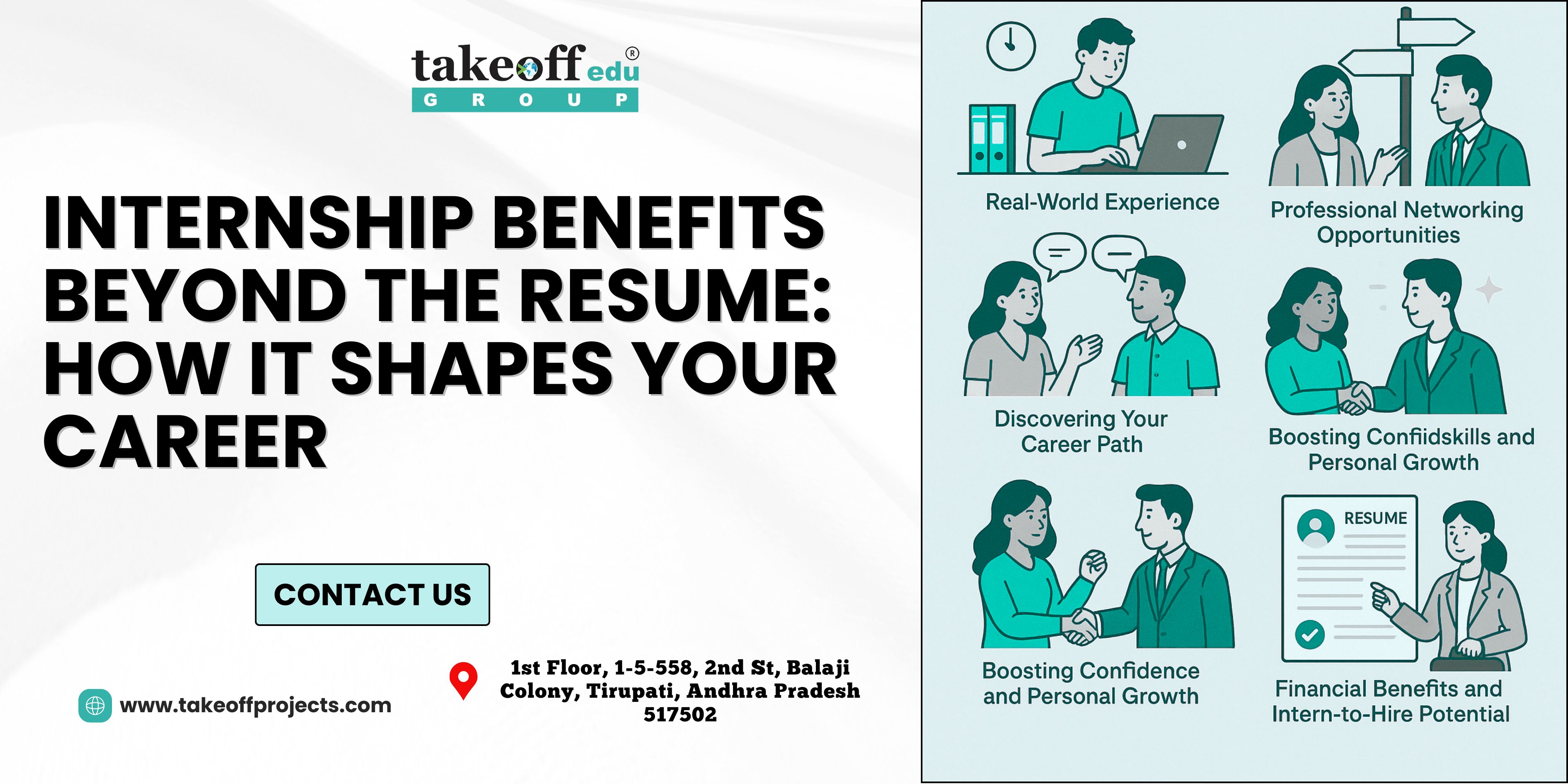 Internship Benefits Beyond the Resume: How It Shapes Your Career
Internship Benefits Beyond the Resume: How It Shapes Your Career 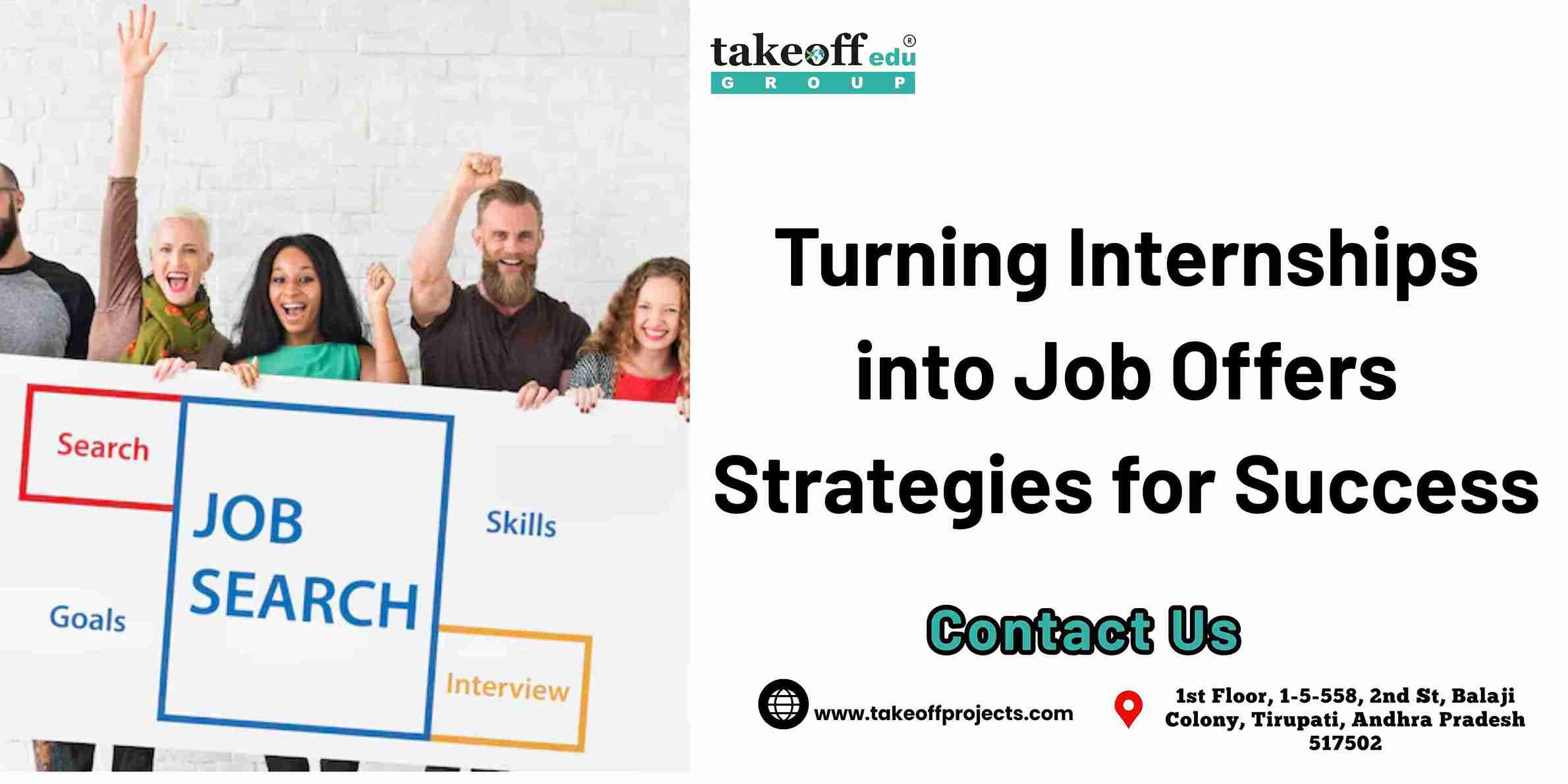 Turing Internship into Job Offers: Strategies for Success
Turing Internship into Job Offers: Strategies for Success 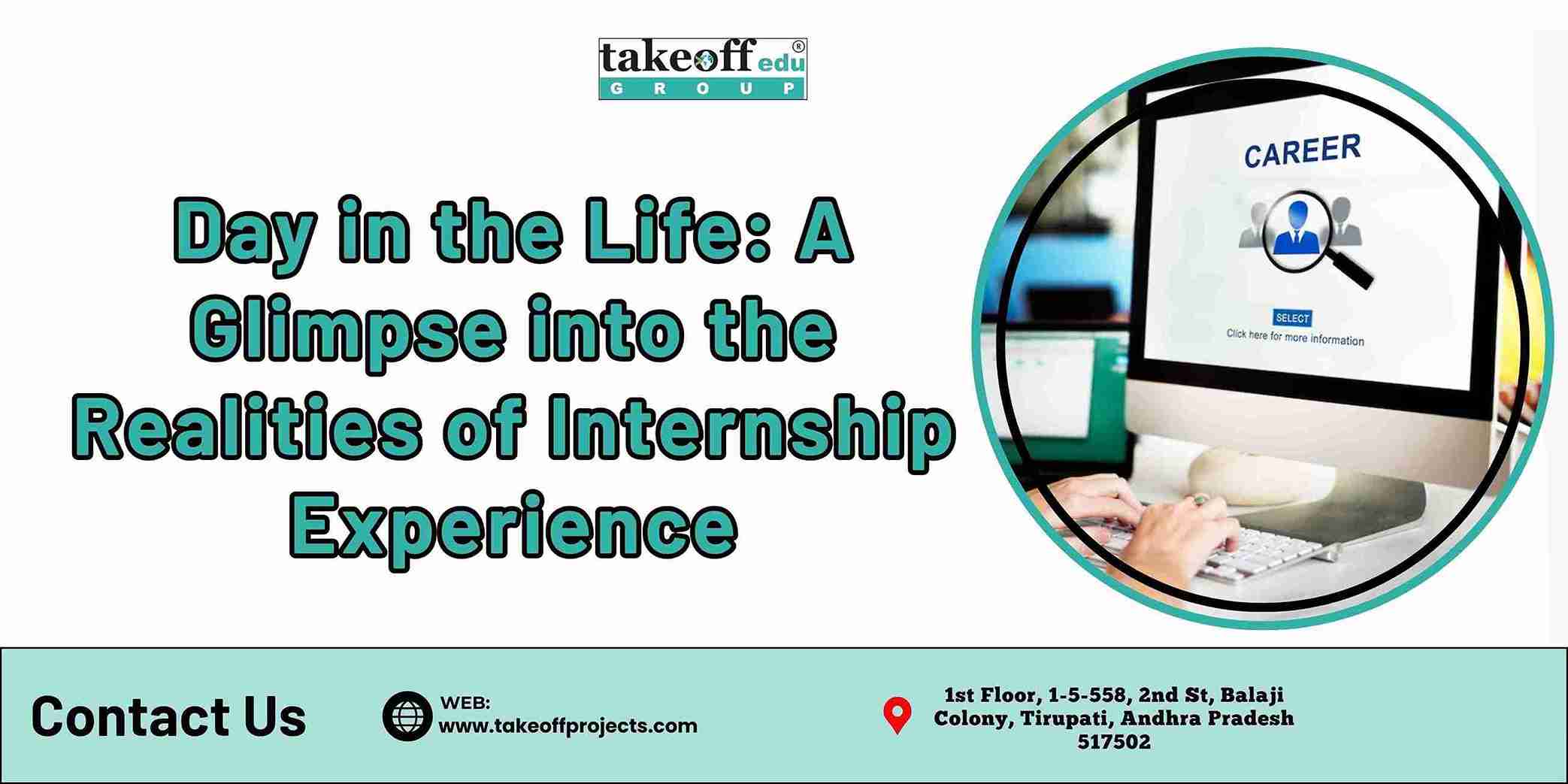 Day in the Life: A Glimpse into the Realities of Internship Experience
Day in the Life: A Glimpse into the Realities of Internship Experience 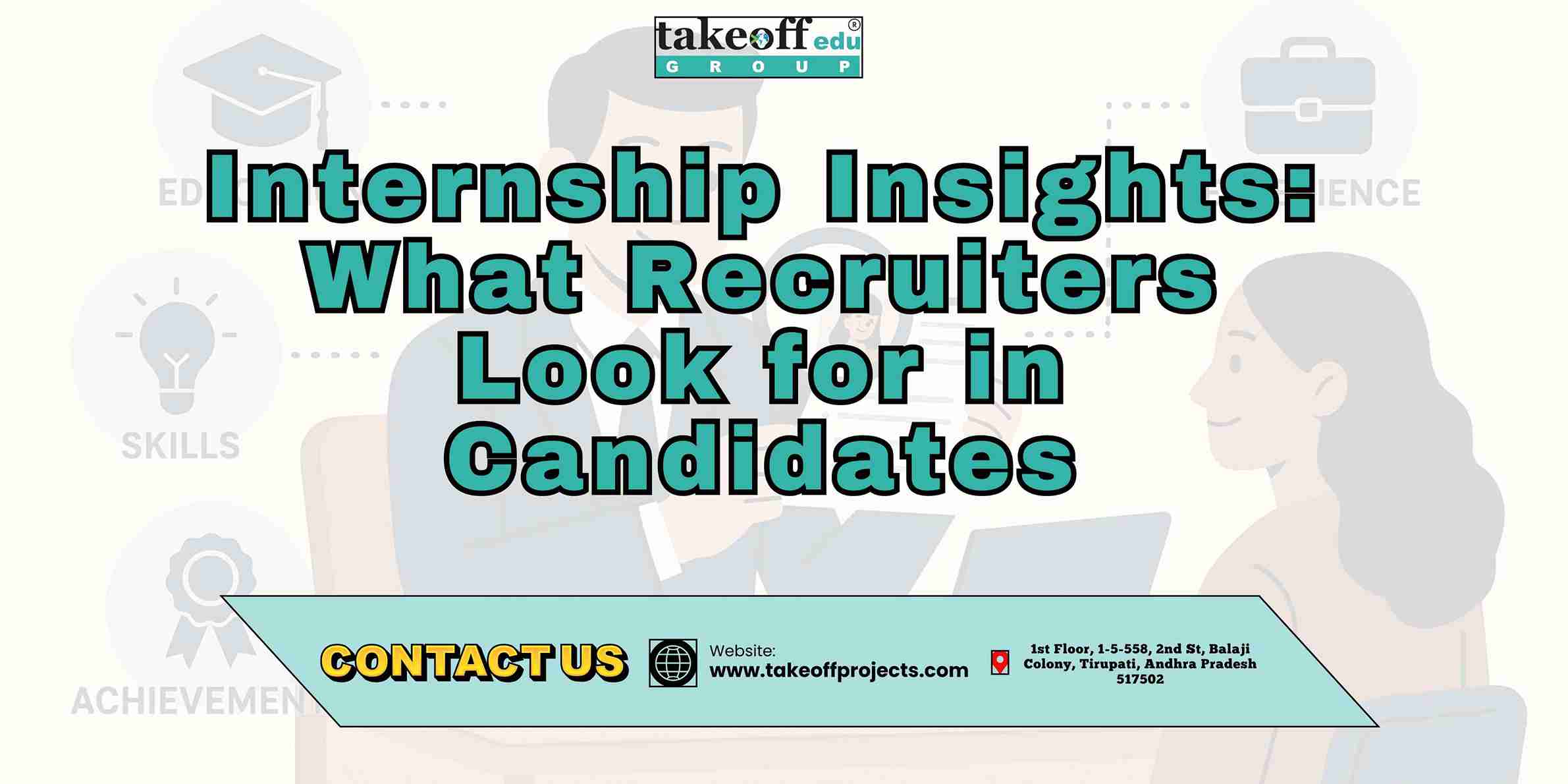 Internship Insights: What Recruiters Look for in Candidates
Internship Insights: What Recruiters Look for in Candidates 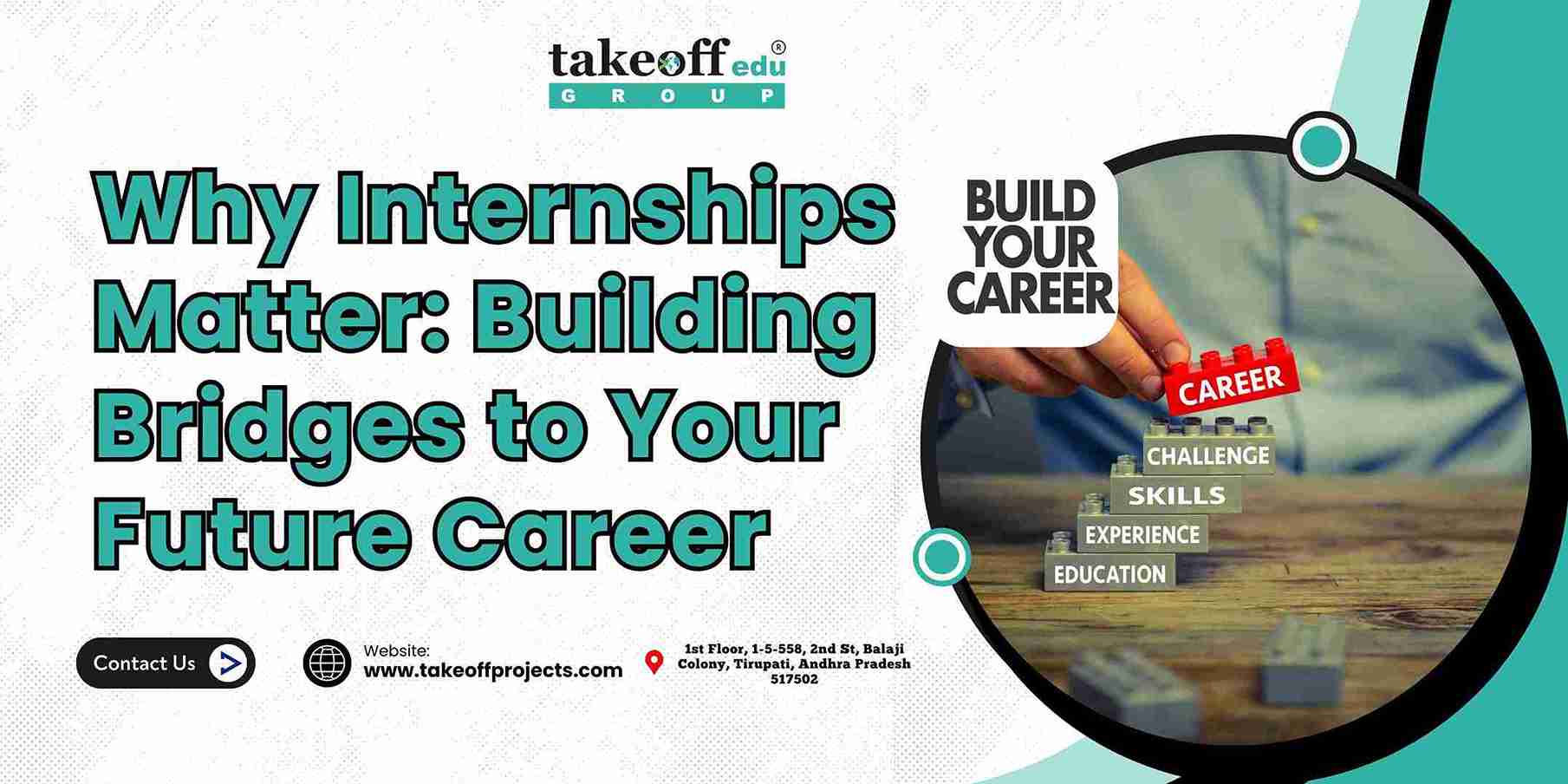 Why Internships Matter: Building Bridges to Your Future Career
Why Internships Matter: Building Bridges to Your Future Career 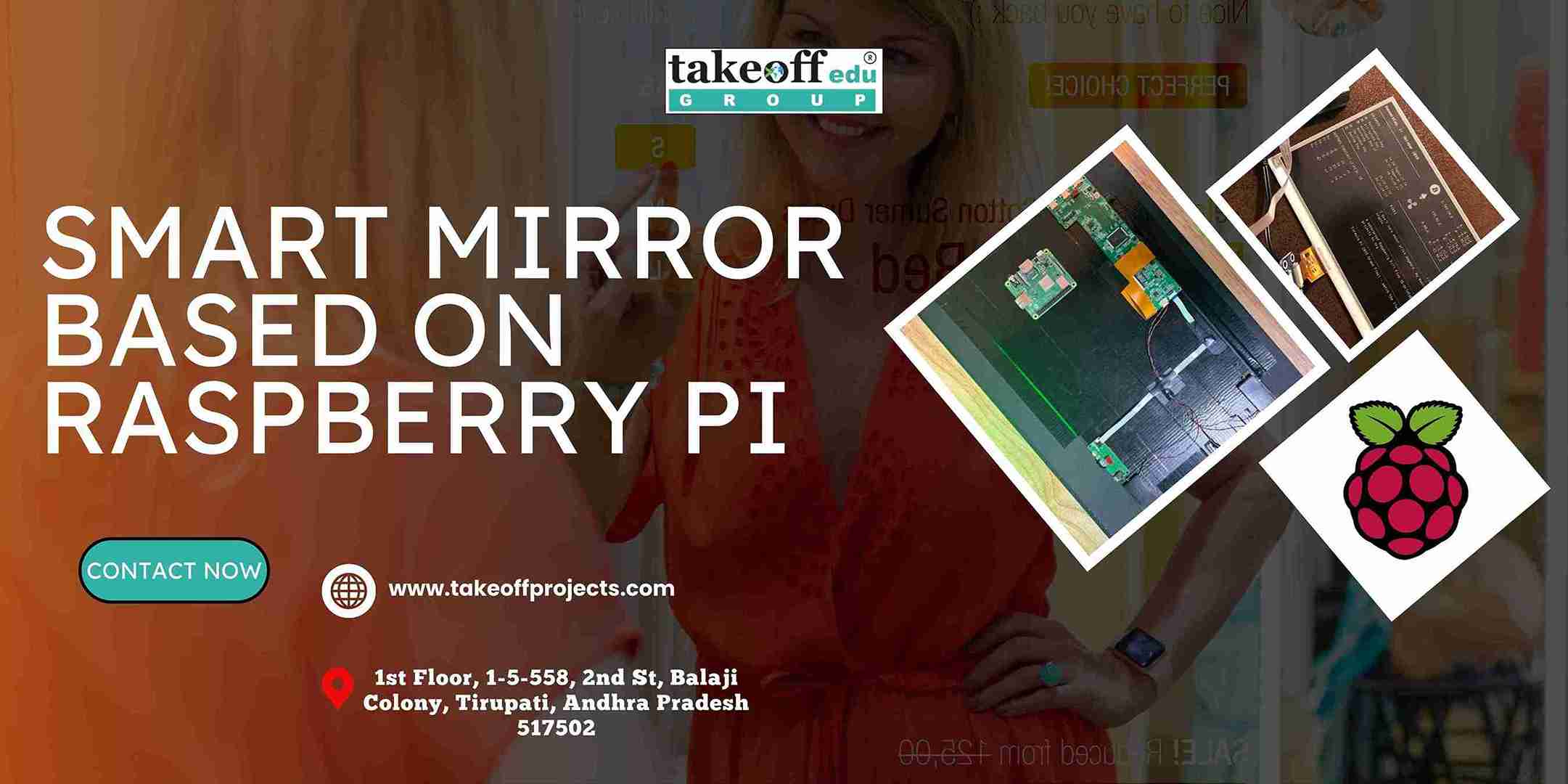 Smart Mirror Based on Raspberry Pi
Smart Mirror Based on Raspberry Pi  Best Major & Mini Project Ideas for Engineering College Students
Best Major & Mini Project Ideas for Engineering College Students 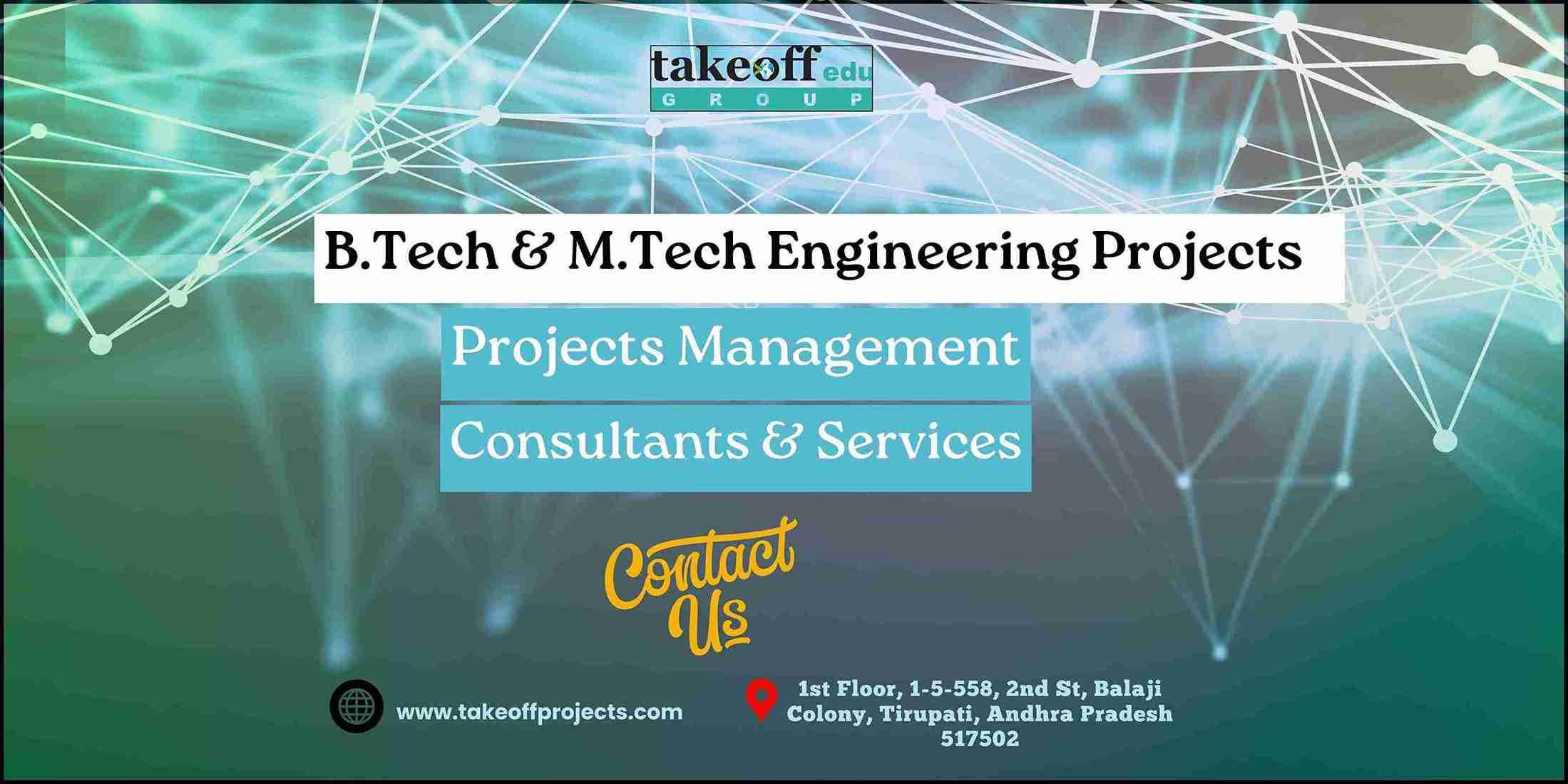 Top B.Tech/M.Tech Engineering Projects Consultants & Services
Top B.Tech/M.Tech Engineering Projects Consultants & Services 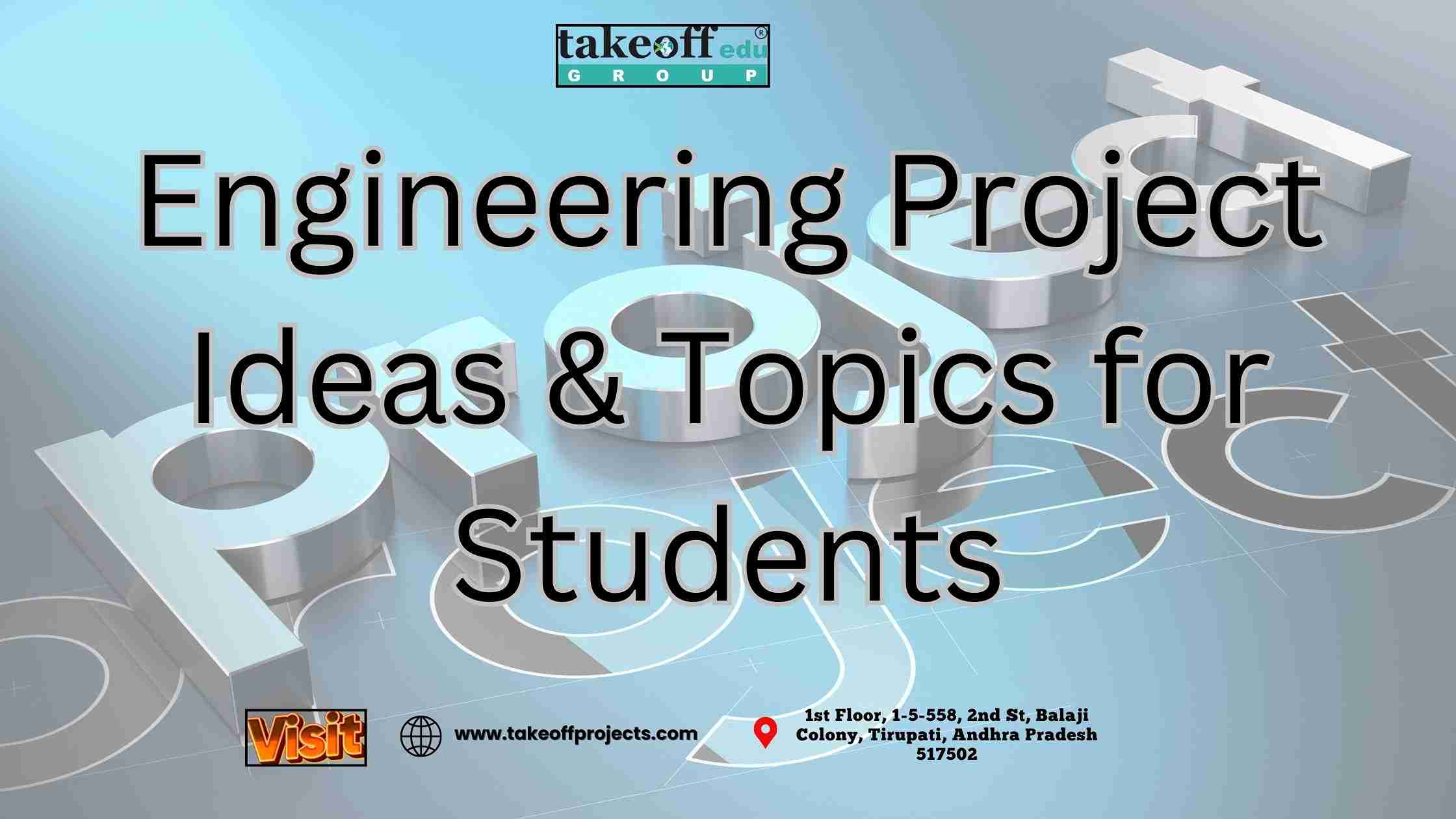 Engineering Project Ideas & Topics for Students
Engineering Project Ideas & Topics for Students  Engineering Procurement Construction (EPC) Project Services: Step By Step Guide
Engineering Procurement Construction (EPC) Project Services: Step By Step Guide 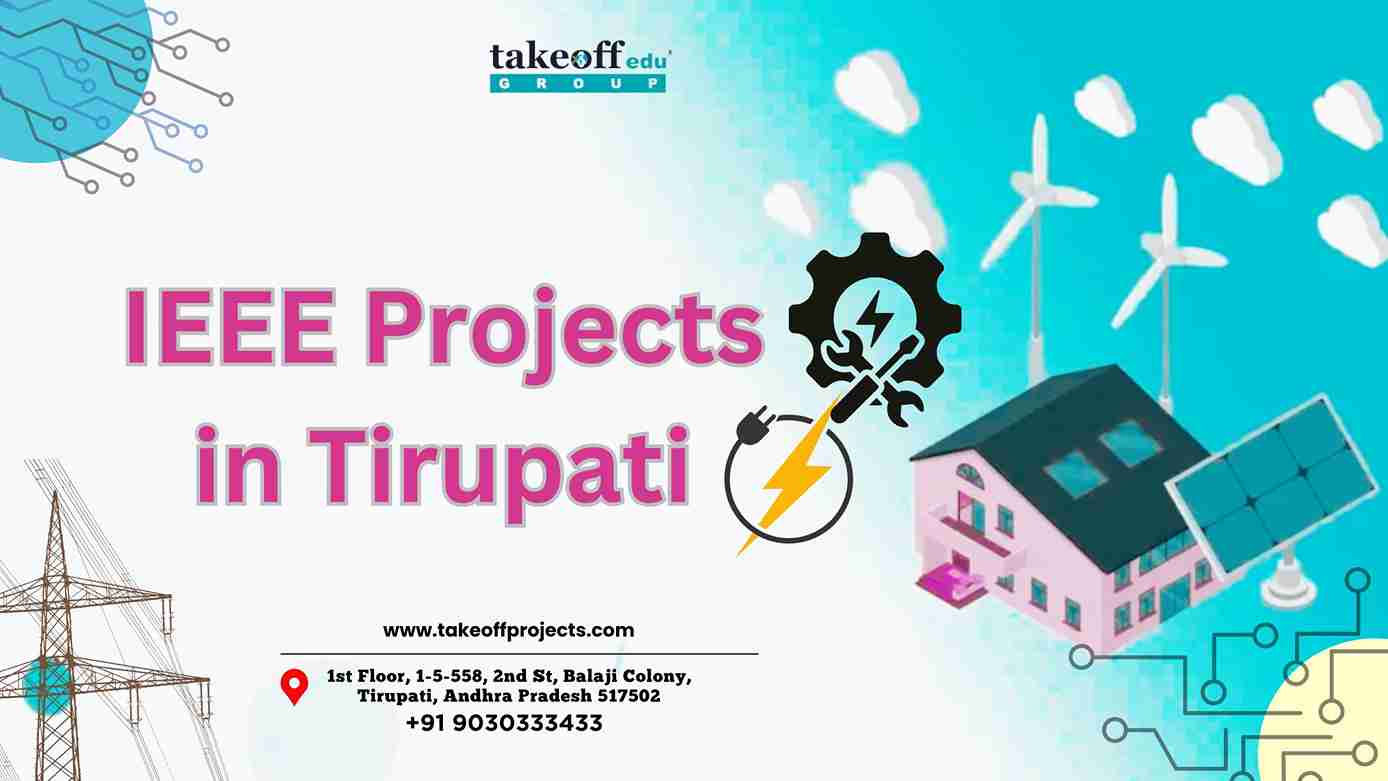 IEEE Projects in Tirupati
IEEE Projects in Tirupati 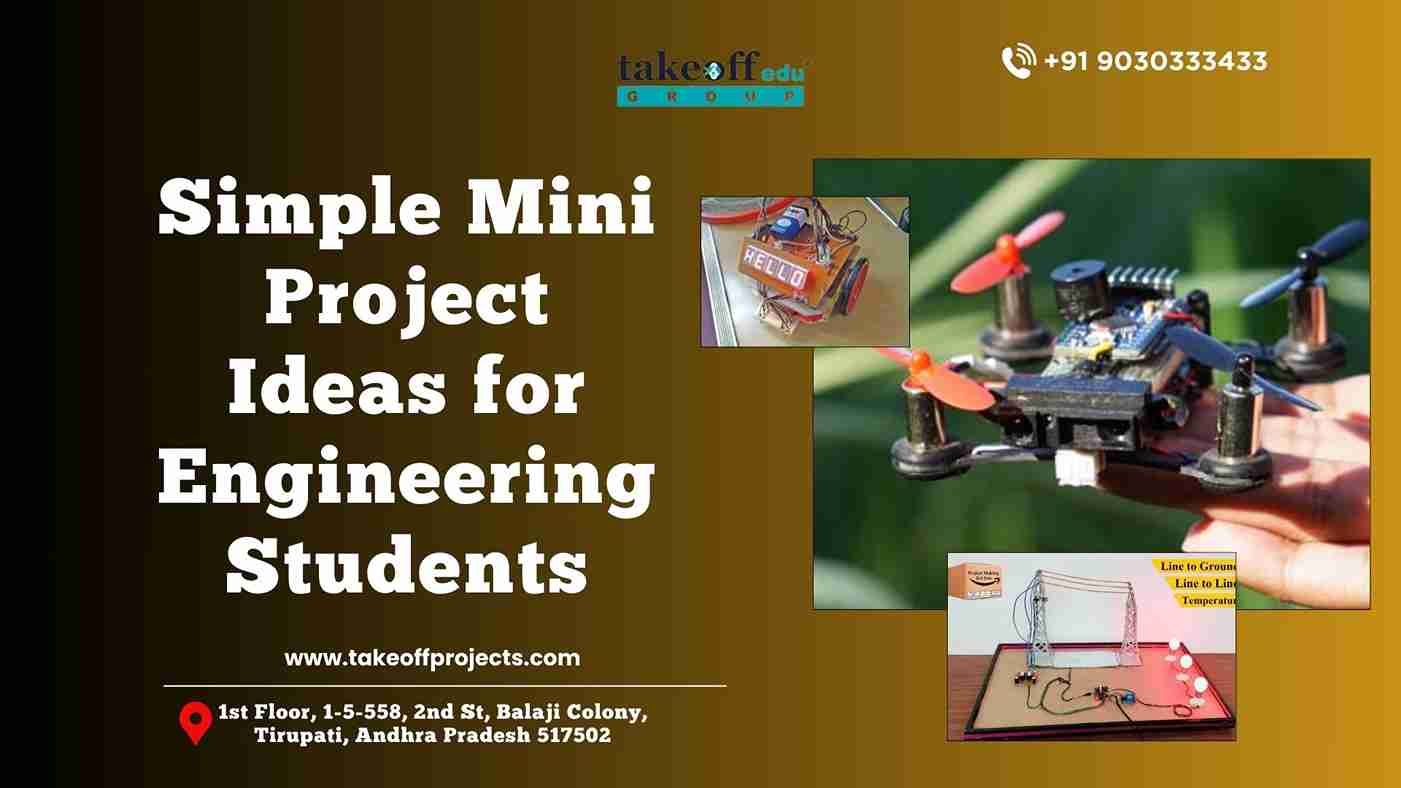 Simple Mini Project Ideas for Engineering Students
Simple Mini Project Ideas for Engineering Students 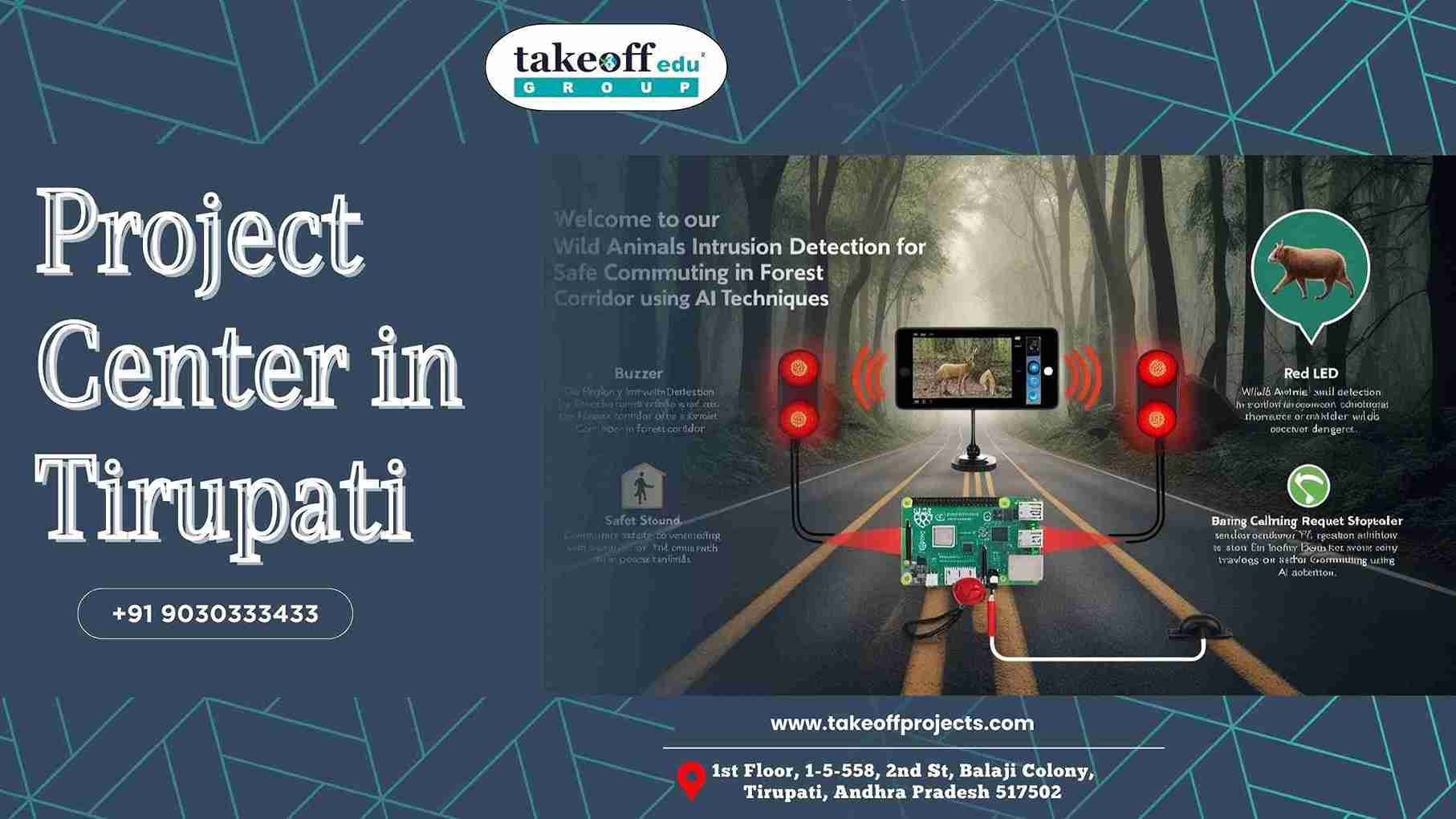 Project Center in Tirupati
Project Center in Tirupati 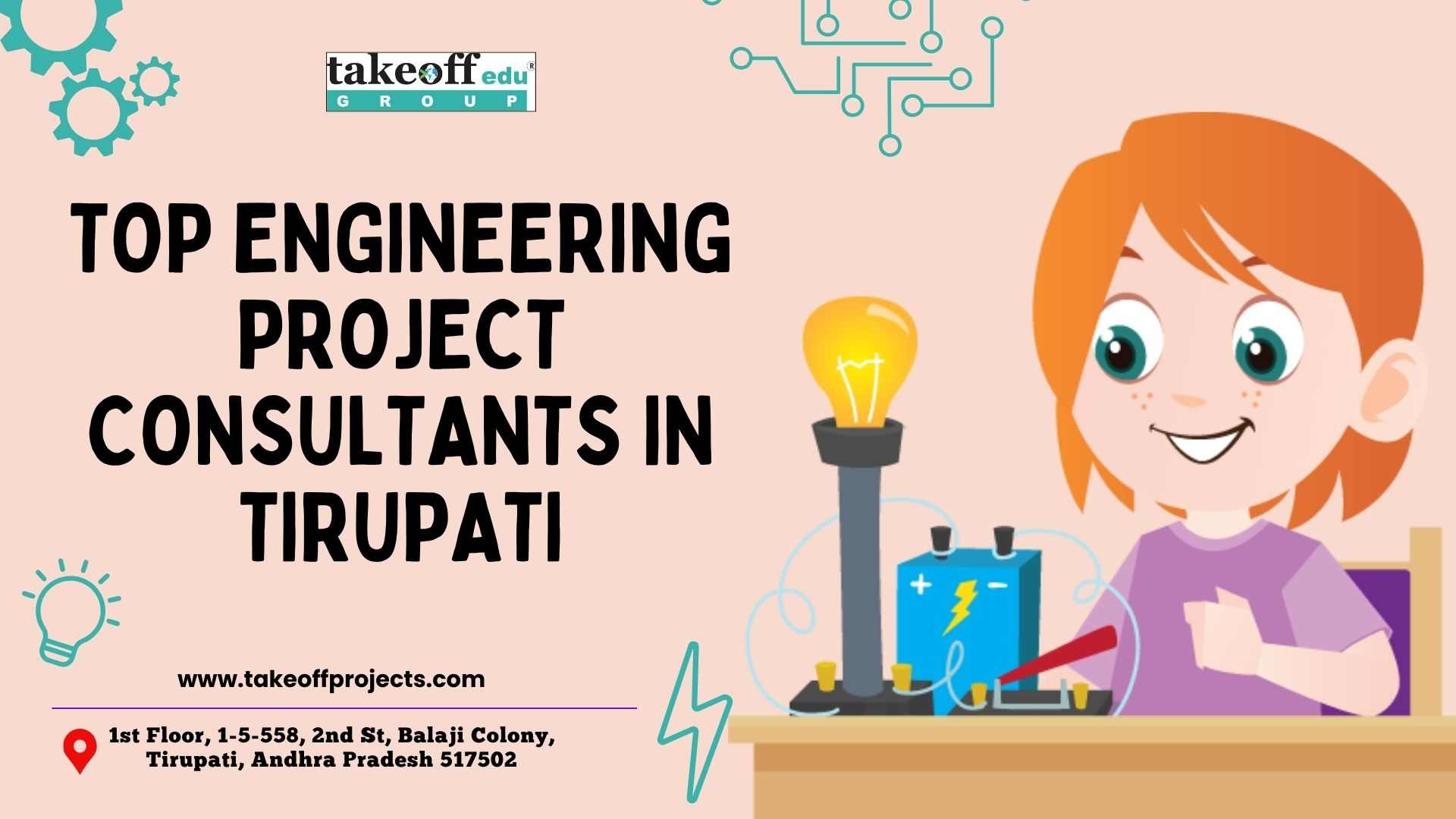 Top Engineering Project Consultants in Tirupati
Top Engineering Project Consultants in Tirupati 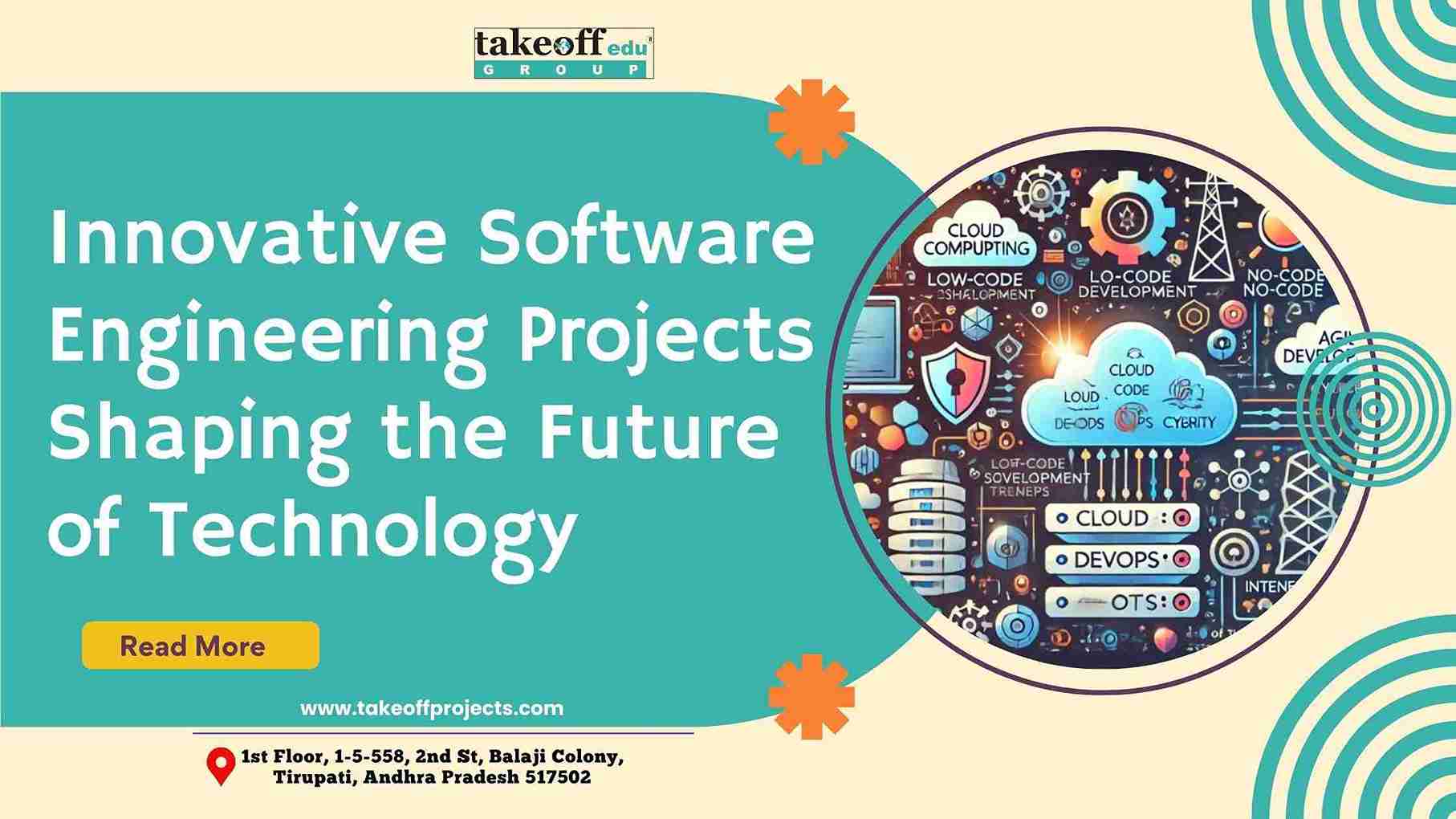 Innovative Software Engineering Projects: Shaping the Future of Technology
Innovative Software Engineering Projects: Shaping the Future of Technology 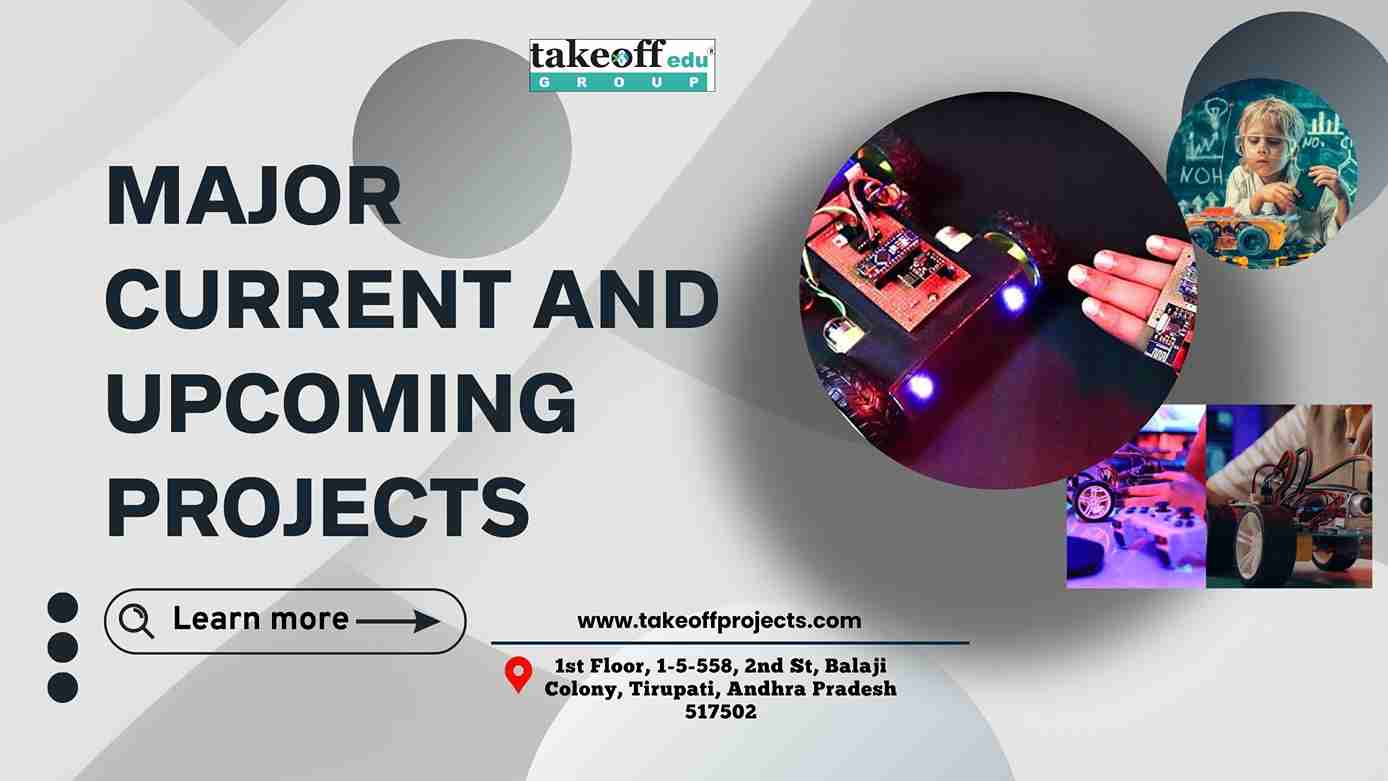 Major Current and Upcoming Projects
Major Current and Upcoming Projects 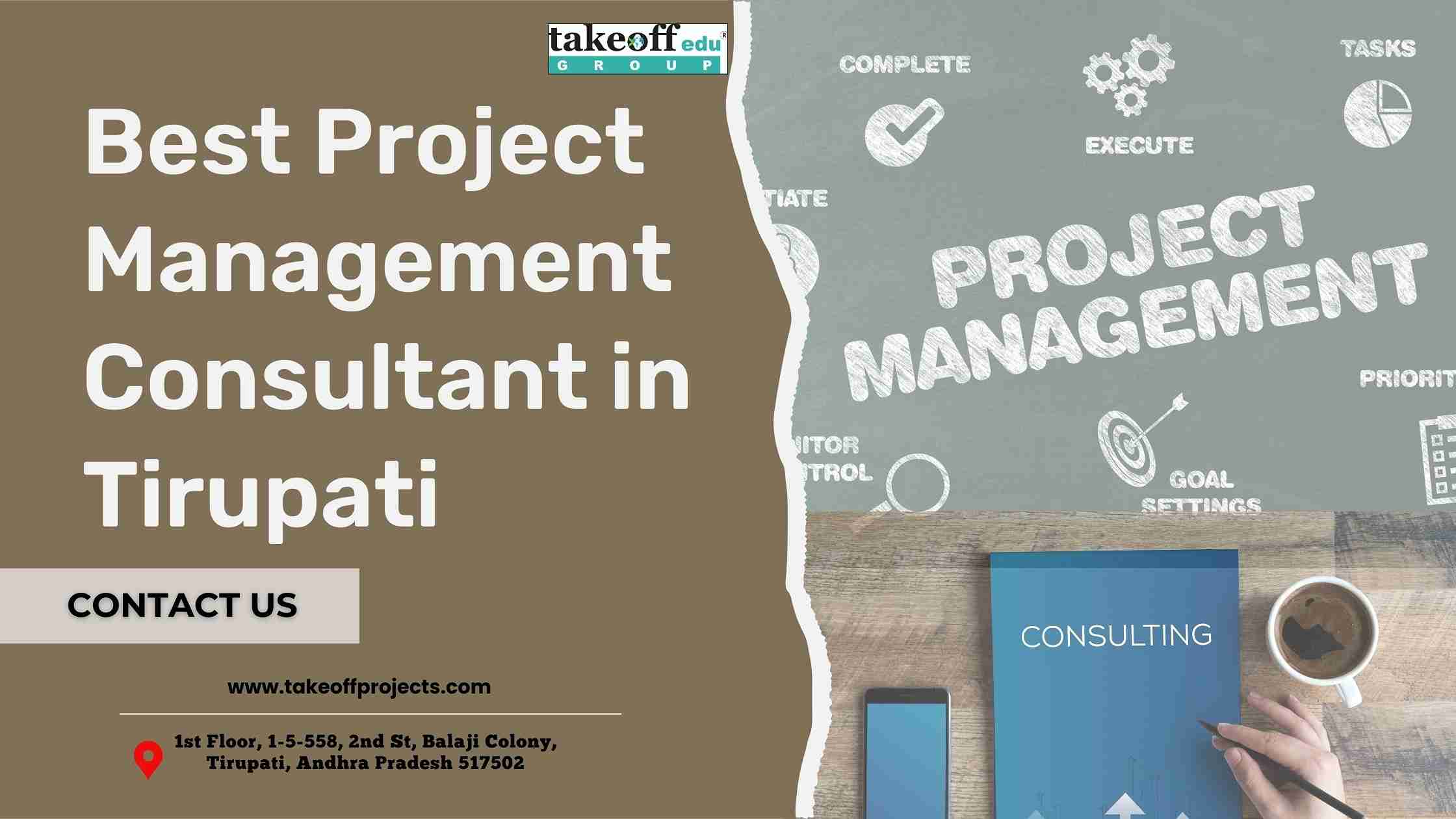 Best Project Management Consultant in Tirupati
Best Project Management Consultant in Tirupati 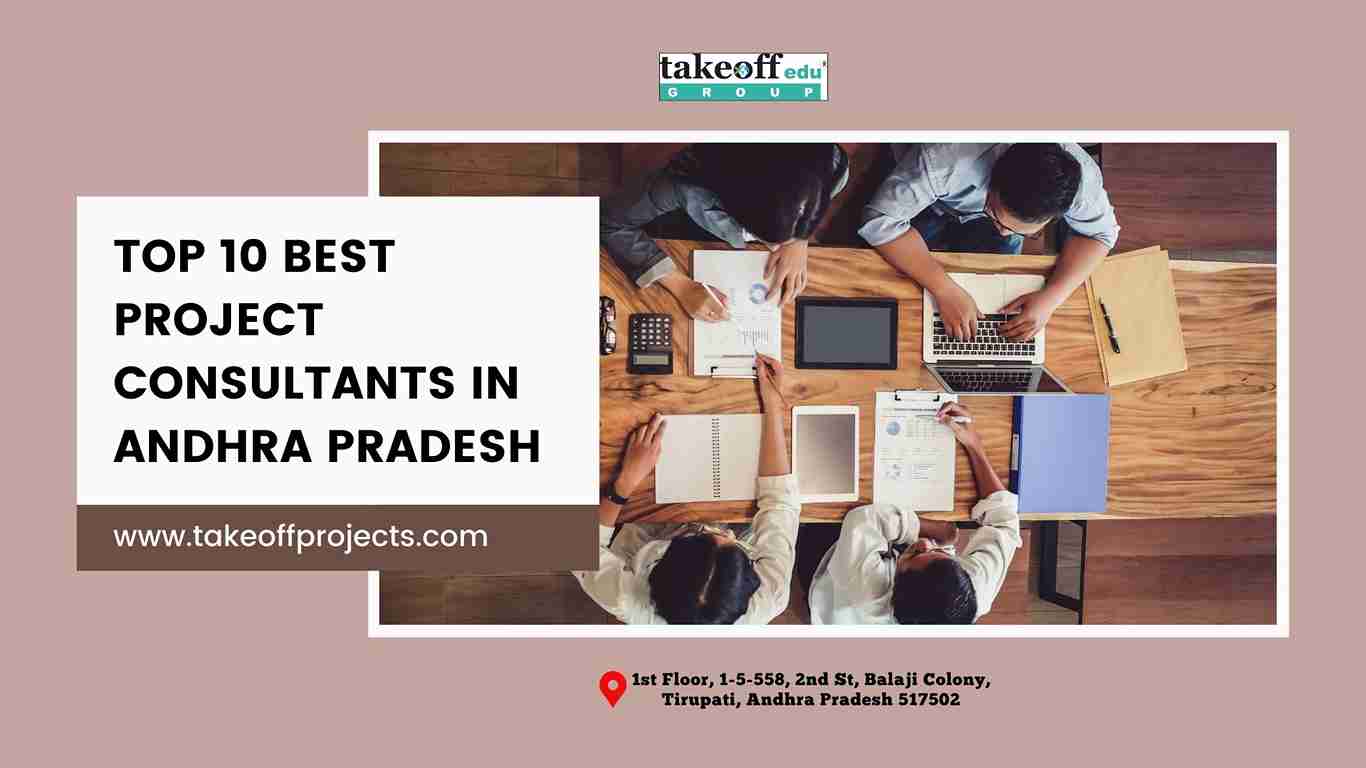 Top 10 Best Project Consultants in Andhra Pradesh
Top 10 Best Project Consultants in Andhra Pradesh 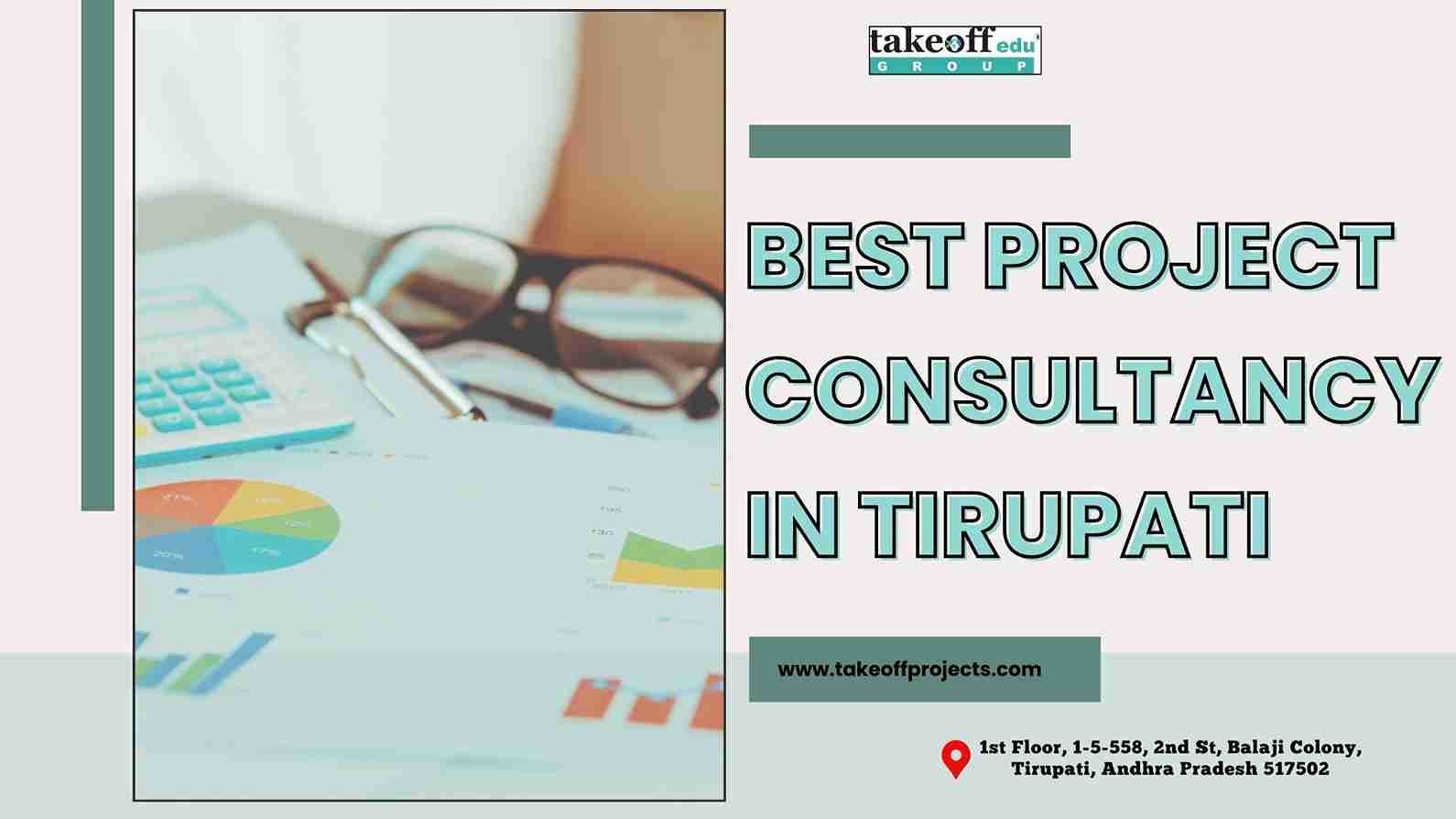 Best Project Consultancy in Tirupati
Best Project Consultancy in Tirupati  Advanced Technology Project Ideas in Chittoor
Advanced Technology Project Ideas in Chittoor 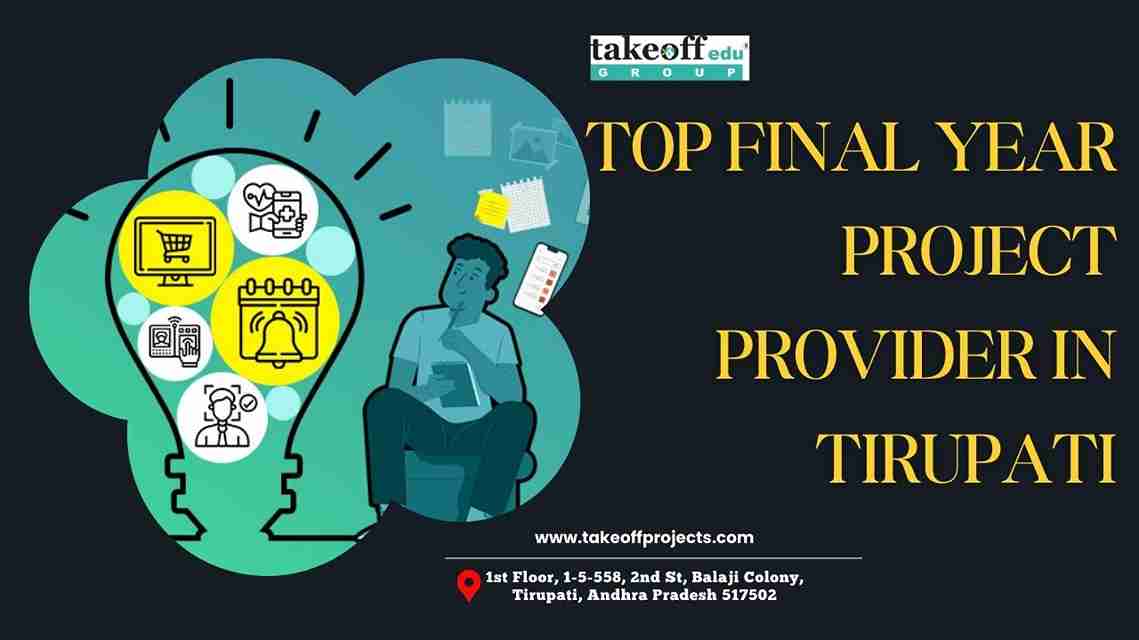 Top Final Year Project Provider in Tirupati
Top Final Year Project Provider in Tirupati 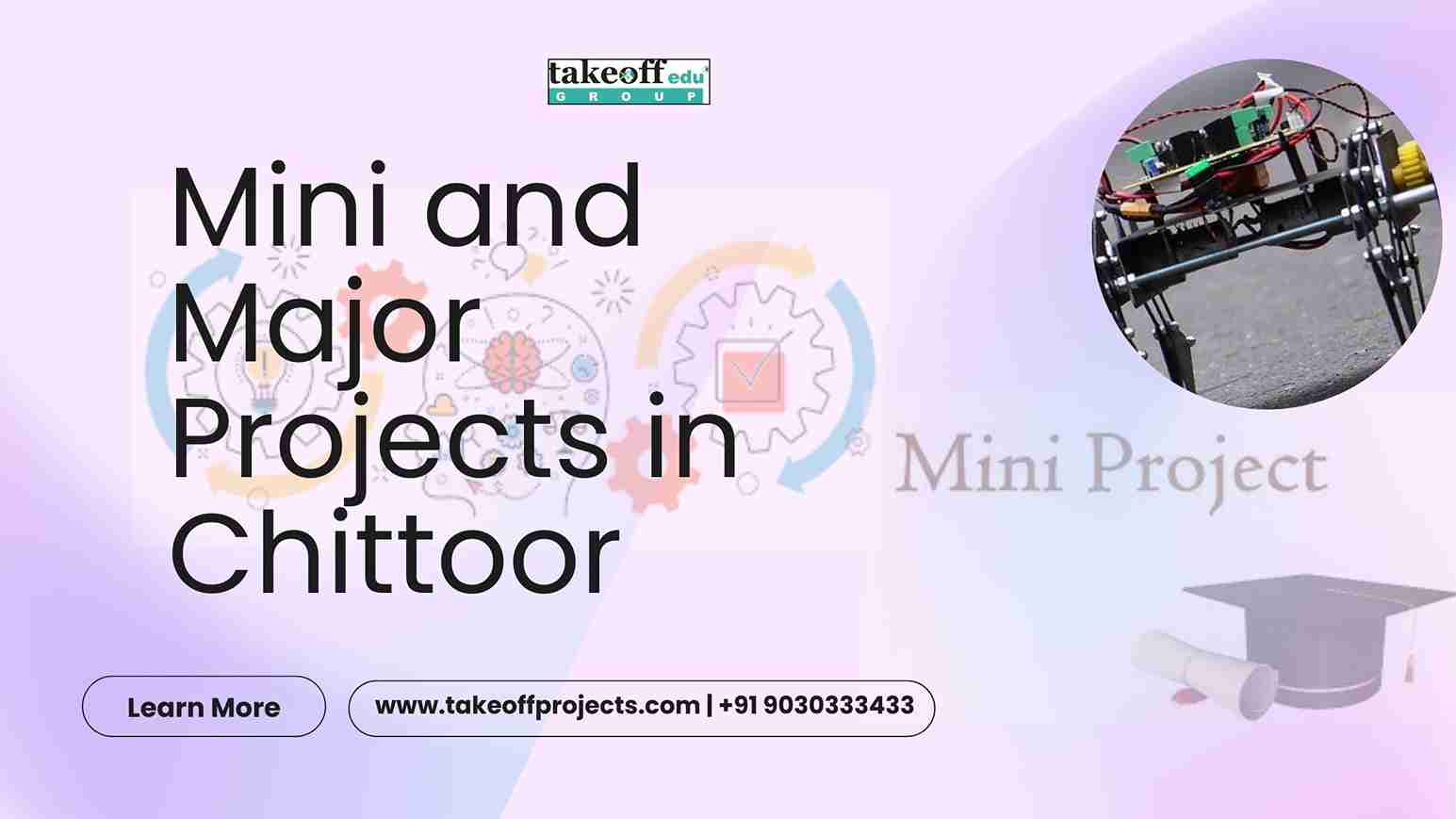 Mini and Major Projects in Chittoor
Mini and Major Projects in Chittoor  Final Year Projects in Tirupati: Unlocking Your Academic Potential
Final Year Projects in Tirupati: Unlocking Your Academic Potential 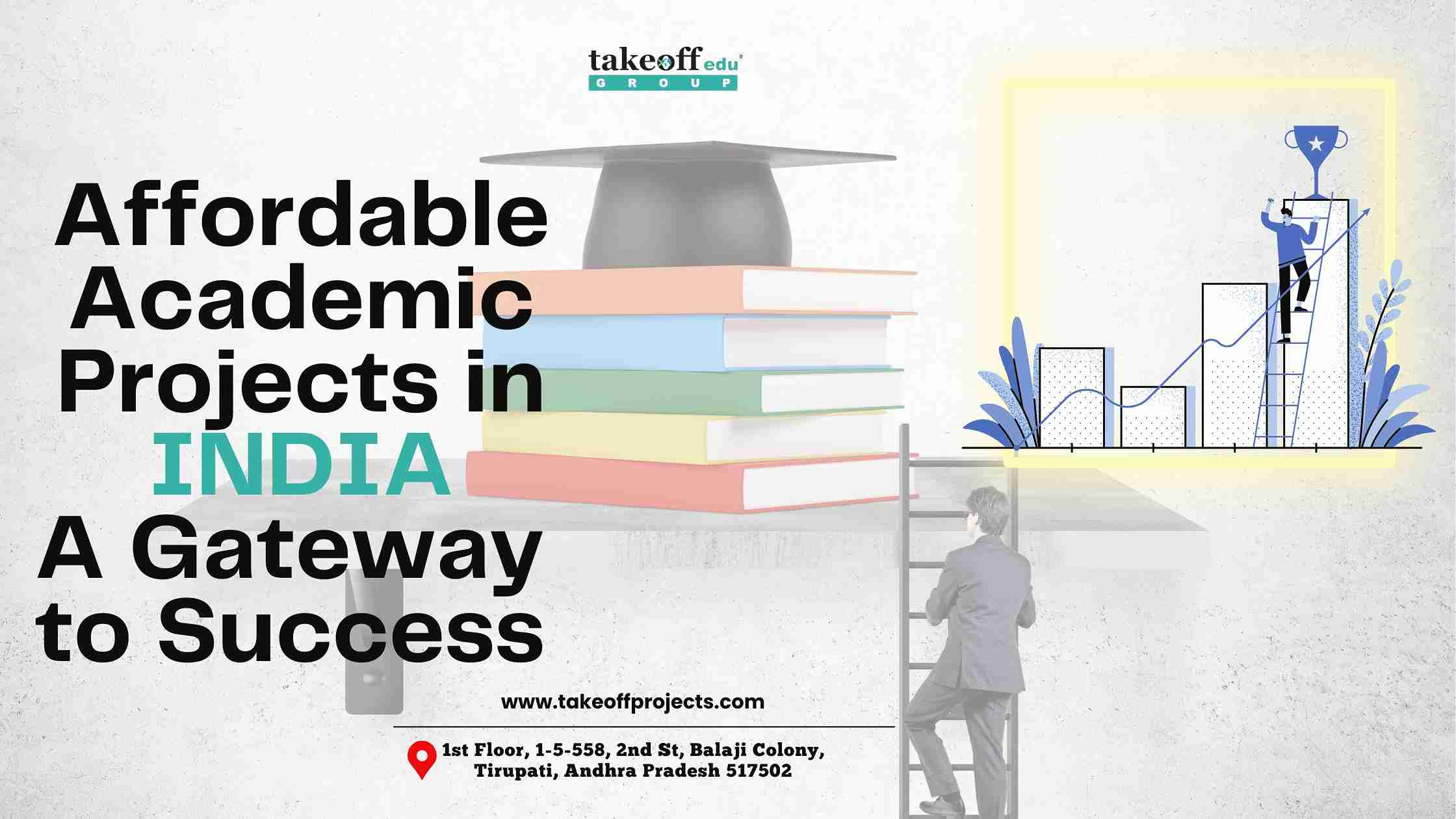 Affordable Academic Projects in India: A Gateway to Success
Affordable Academic Projects in India: A Gateway to Success 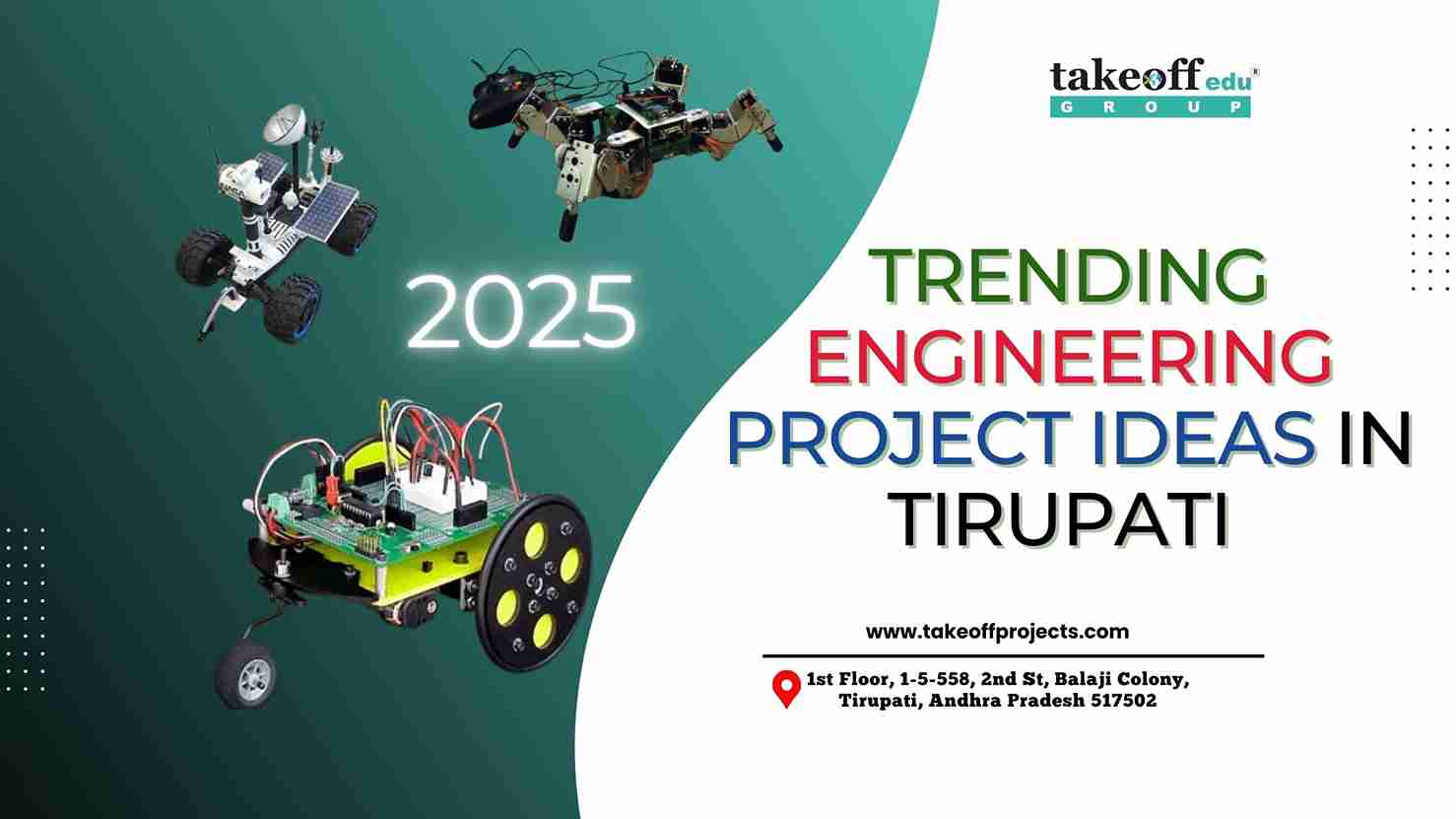 Trending Engineering Project Ideas in Tirupati 2025
Trending Engineering Project Ideas in Tirupati 2025  Technical Project ideas for engineering students
Technical Project ideas for engineering students  How Do I Choose A Project Topic Titles For Final Year Engineering Students?
How Do I Choose A Project Topic Titles For Final Year Engineering Students?  Find Best College Project Centers in Andhra Pradesh
Find Best College Project Centers in Andhra Pradesh 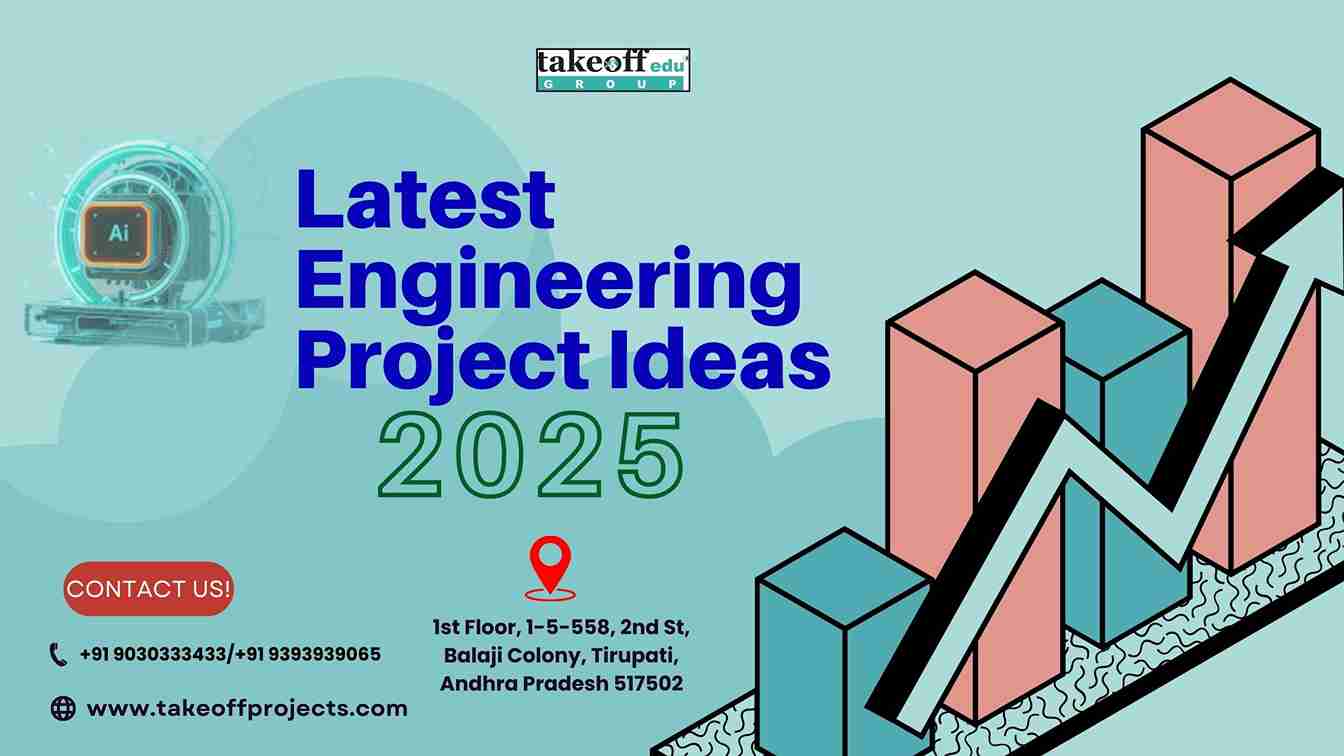 Latest Engineering Project Ideas for 2025
Latest Engineering Project Ideas for 2025 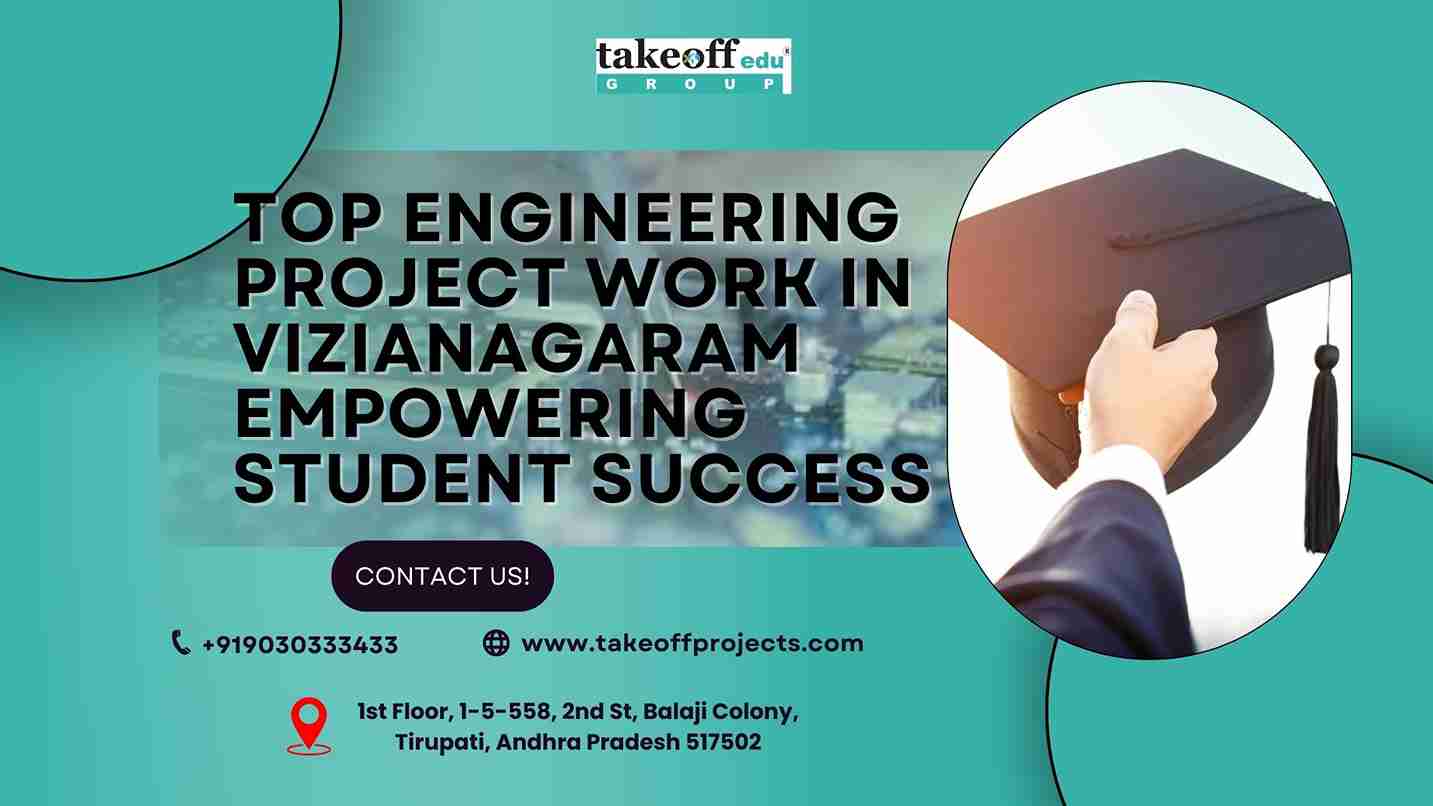 Top Engineering Project Work in Vizianagaram: Empowering Student Success
Top Engineering Project Work in Vizianagaram: Empowering Student Success 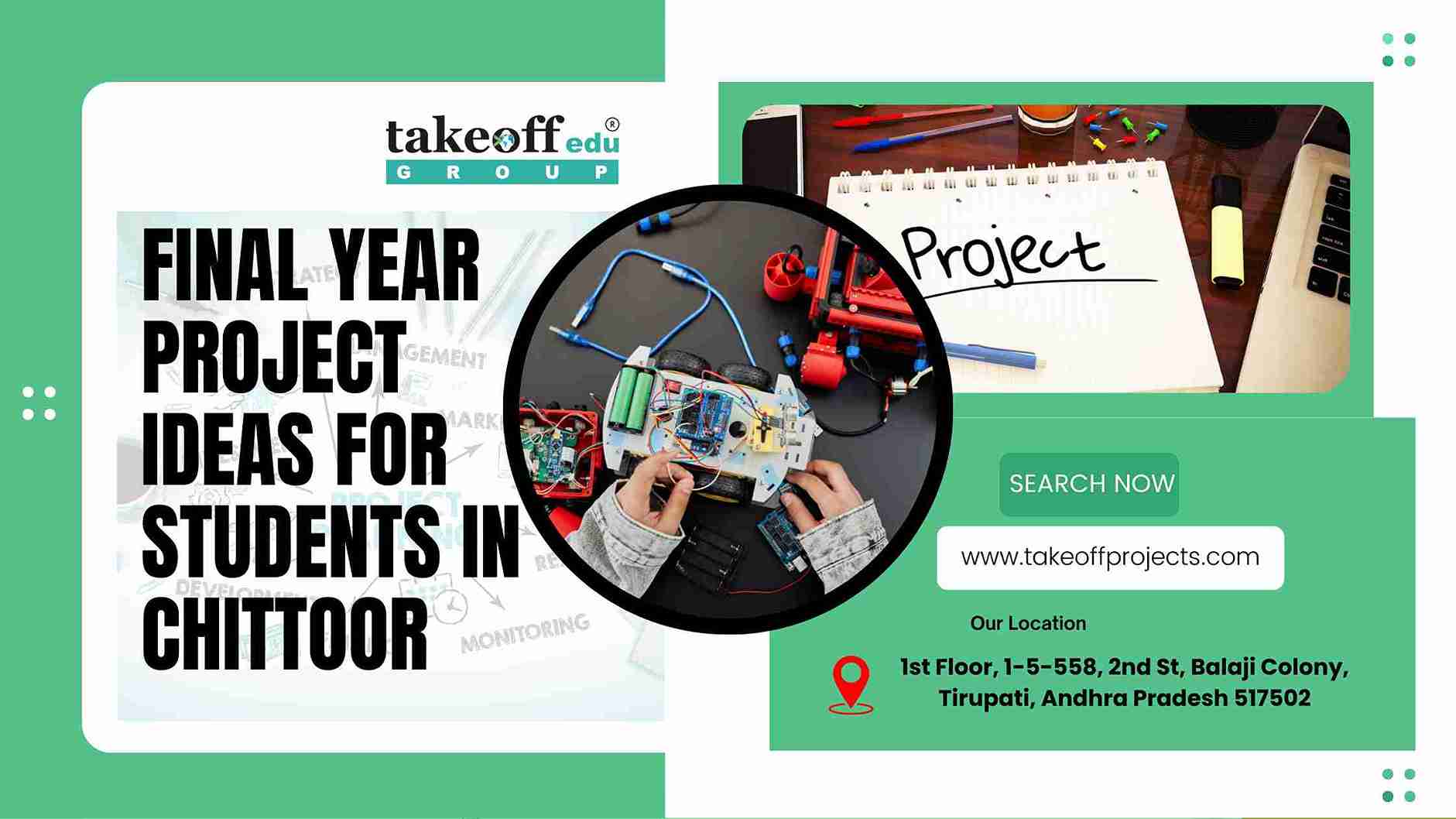 Final Year Project Ideas for Students in Chittoor
Final Year Project Ideas for Students in Chittoor 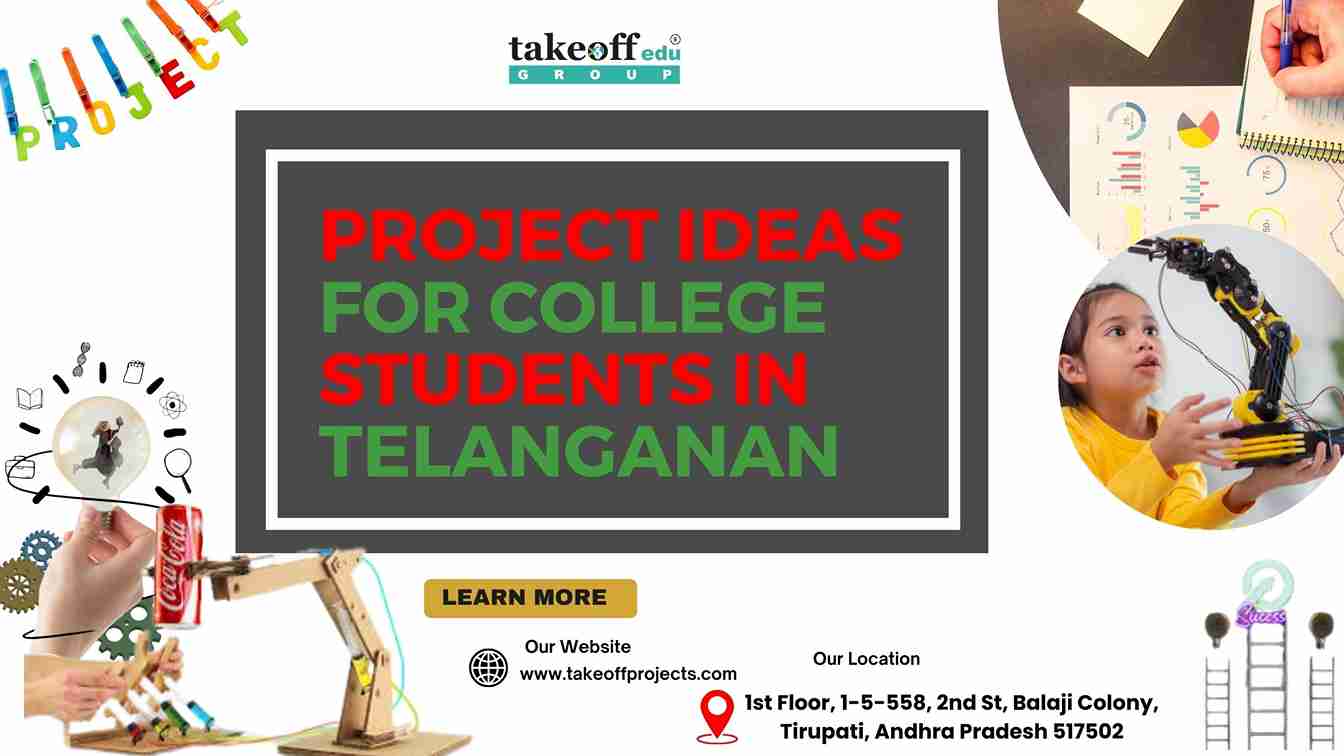 Project Ideas for College Students in Telangana
Project Ideas for College Students in Telangana 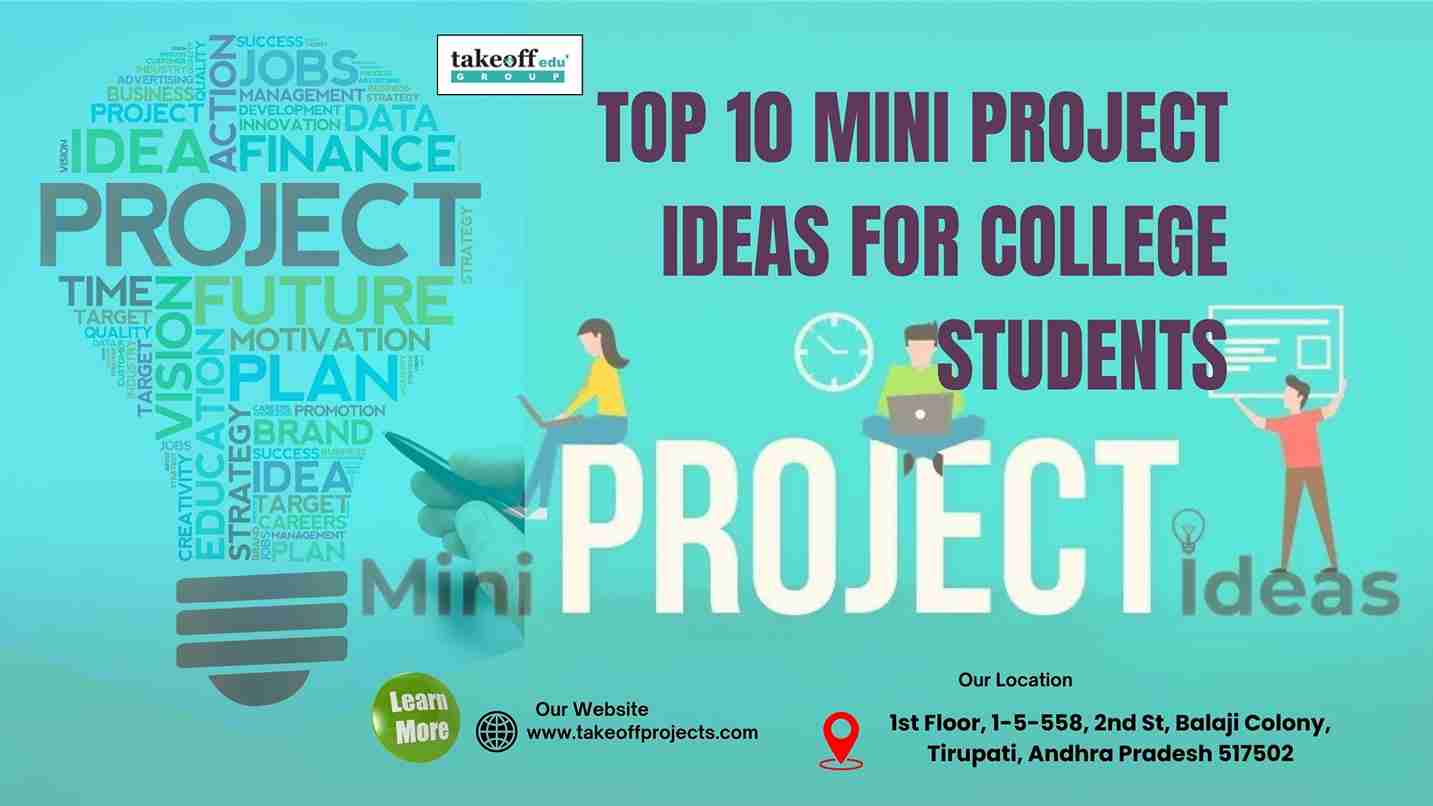 Top 10 Mini Project Ideas for College Students
Top 10 Mini Project Ideas for College Students 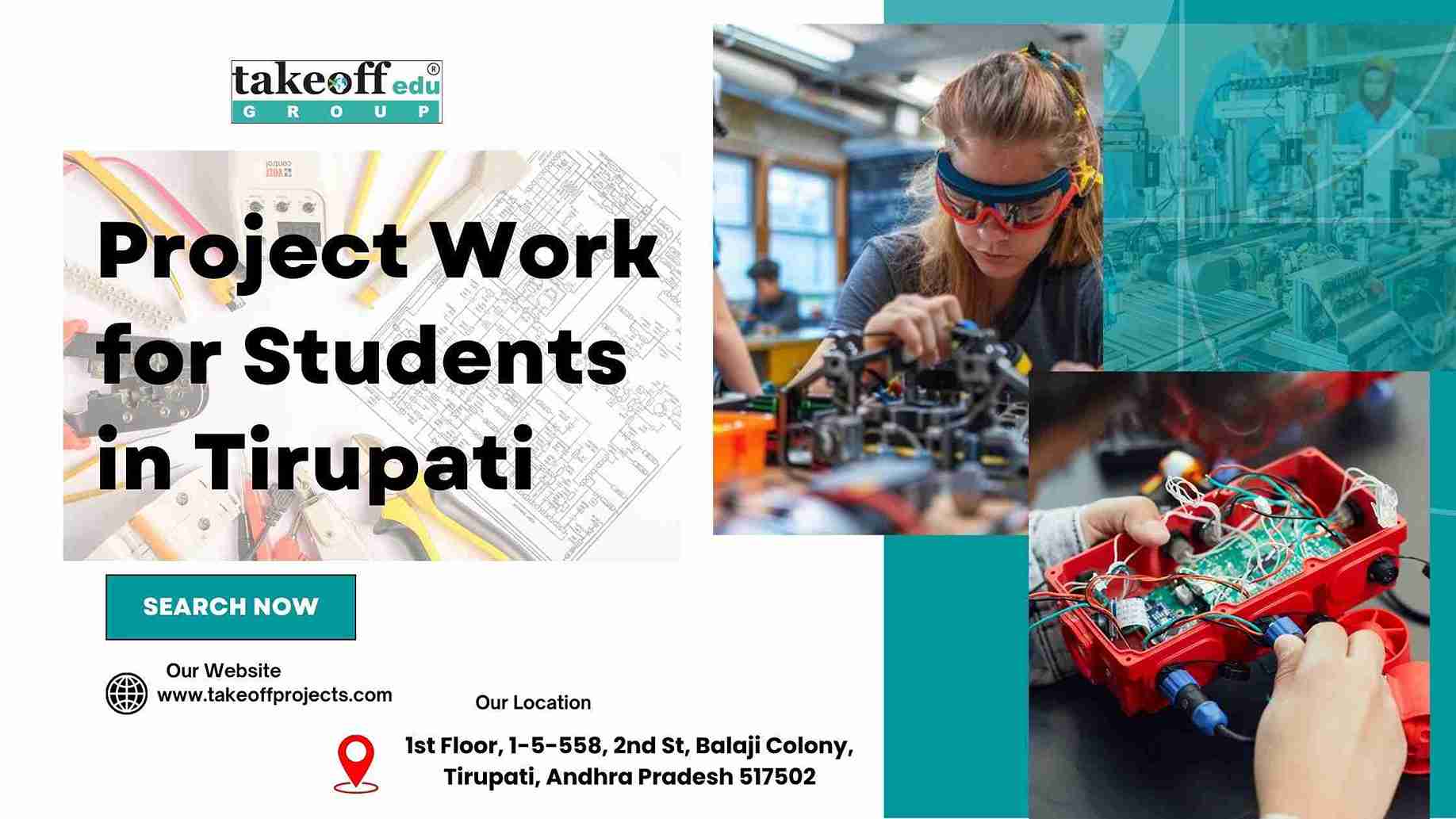 Project Work for Students in Tirupati
Project Work for Students in Tirupati 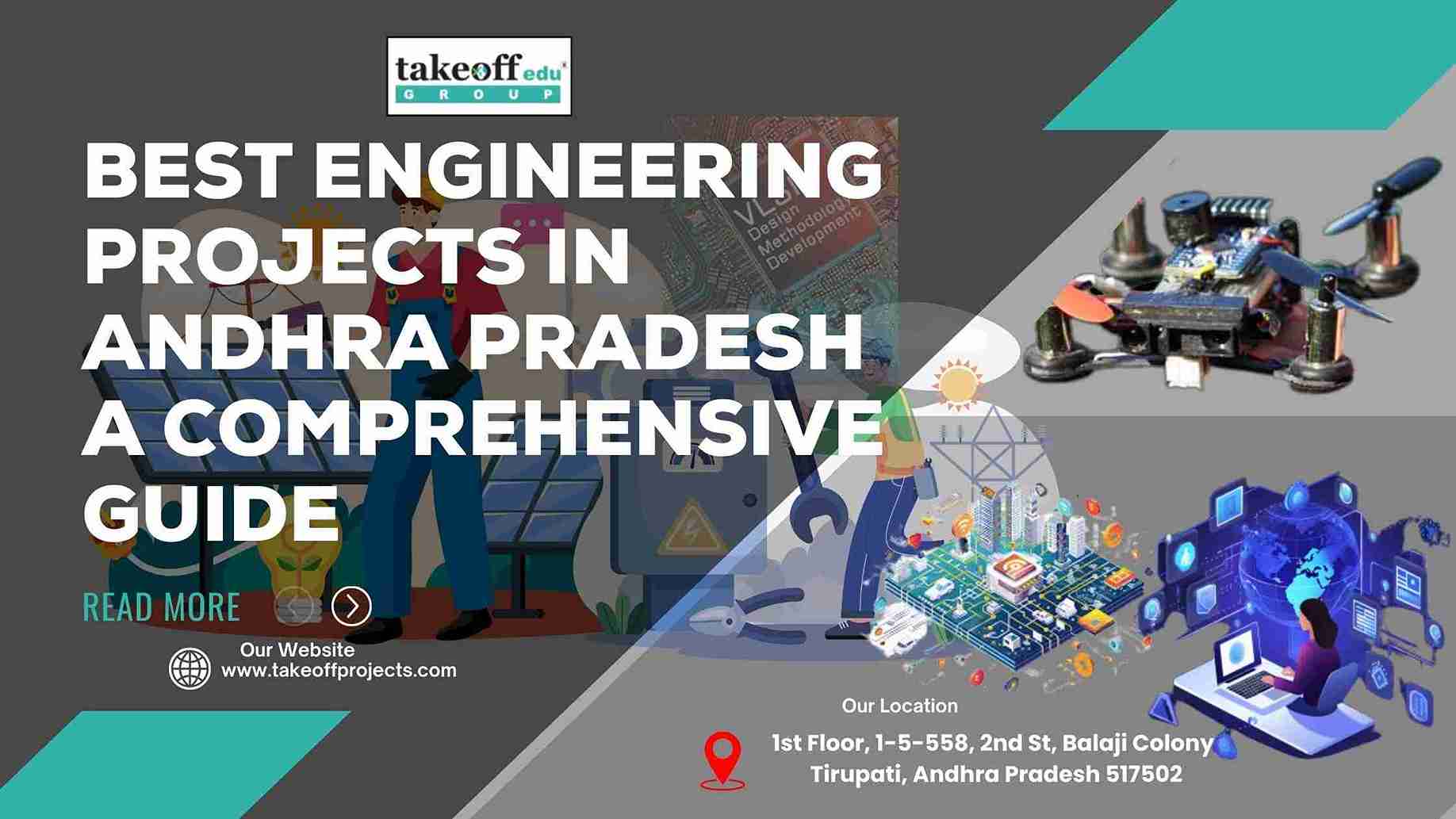 Best Engineering Projects in Andhra Pradesh: A Comprehensive Guide
Best Engineering Projects in Andhra Pradesh: A Comprehensive Guide 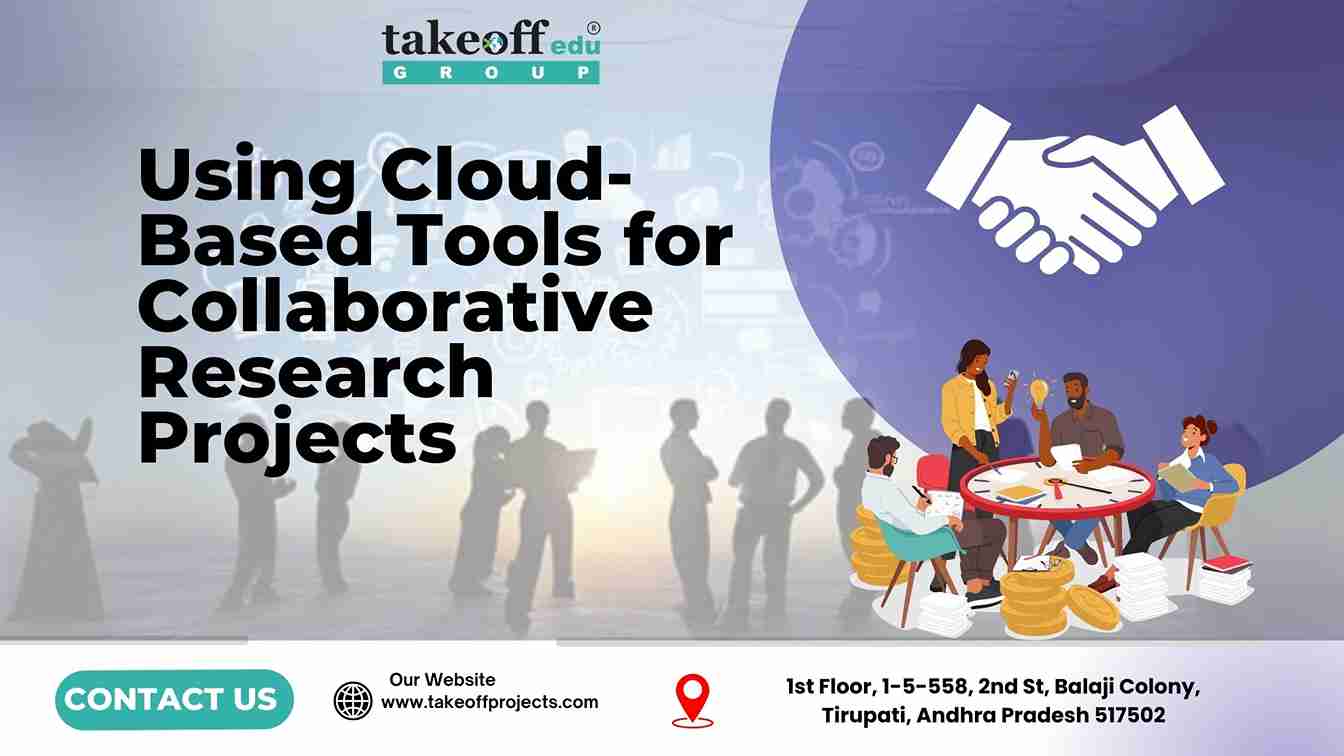 Using Cloud-Based Tools for Collaborative Research Projects
Using Cloud-Based Tools for Collaborative Research Projects  Advantages of Undergraduate Research Opportunities
Advantages of Undergraduate Research Opportunities  Understanding the Different Types of Academic Research
Understanding the Different Types of Academic Research 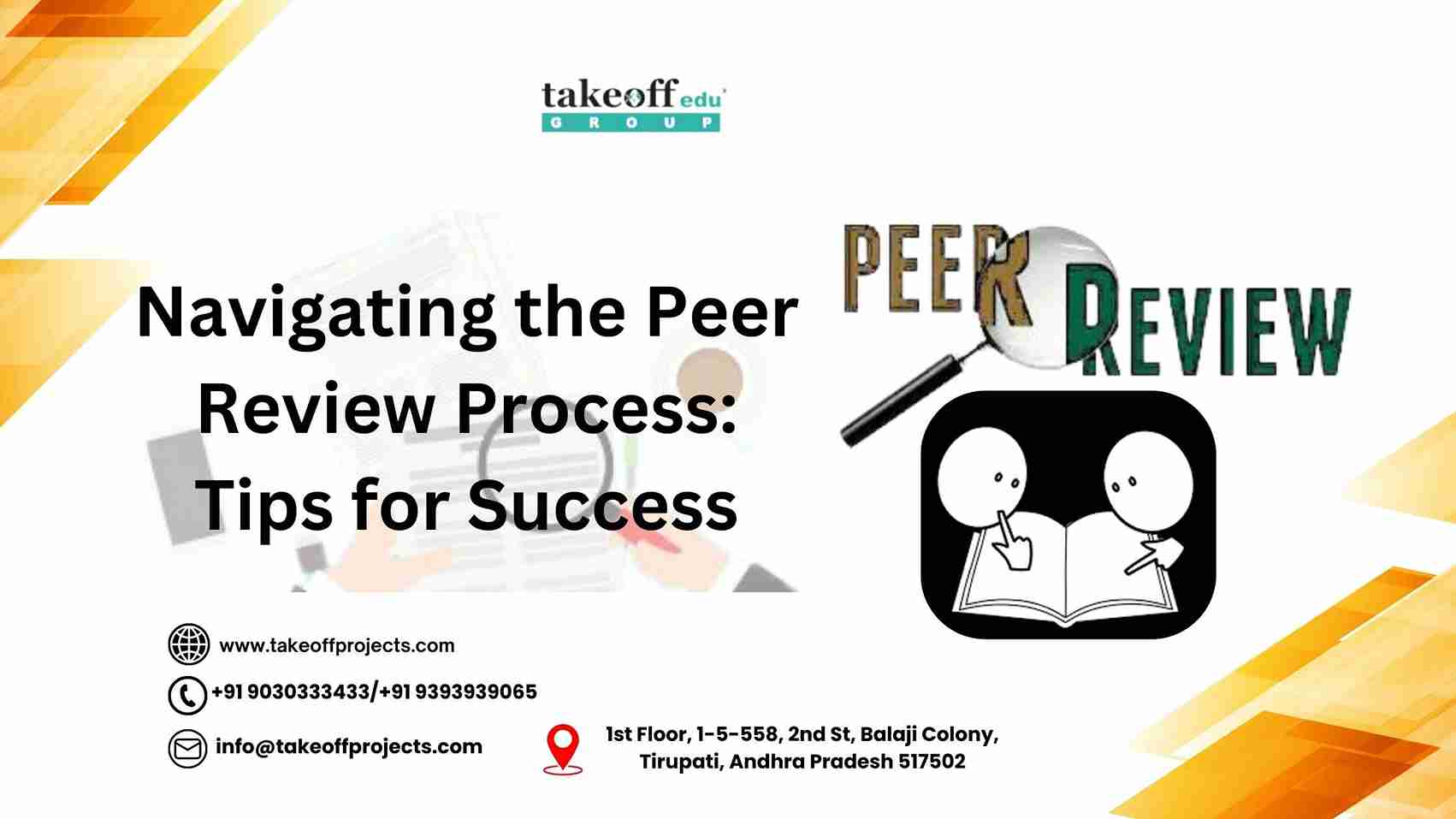 Navigating the Peer Review Process: Tips for Success
Navigating the Peer Review Process: Tips for Success  How to Write the Abstract for a Research Paper
How to Write the Abstract for a Research Paper 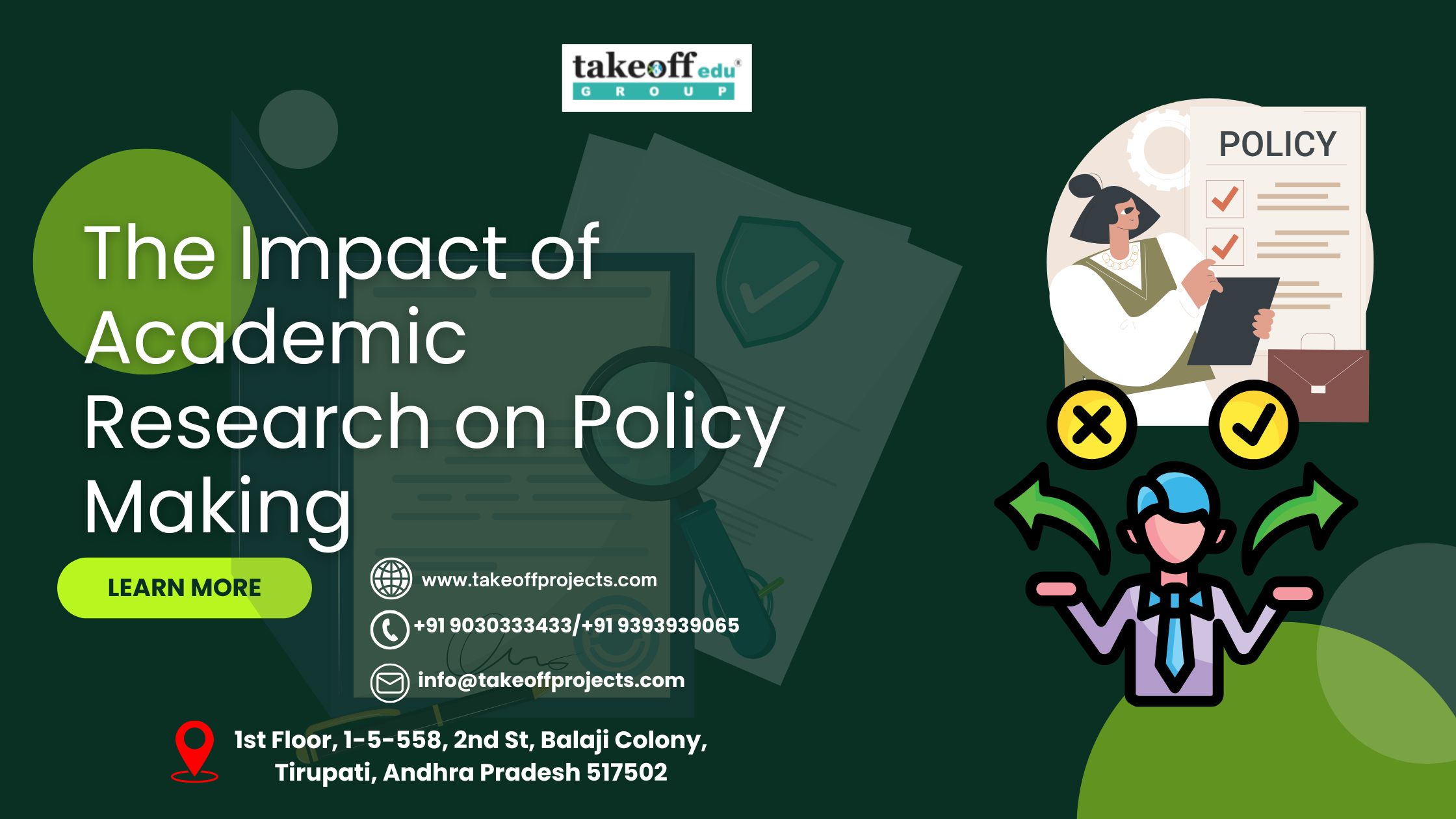 The Impact of Academic Research on Policy Making
The Impact of Academic Research on Policy Making 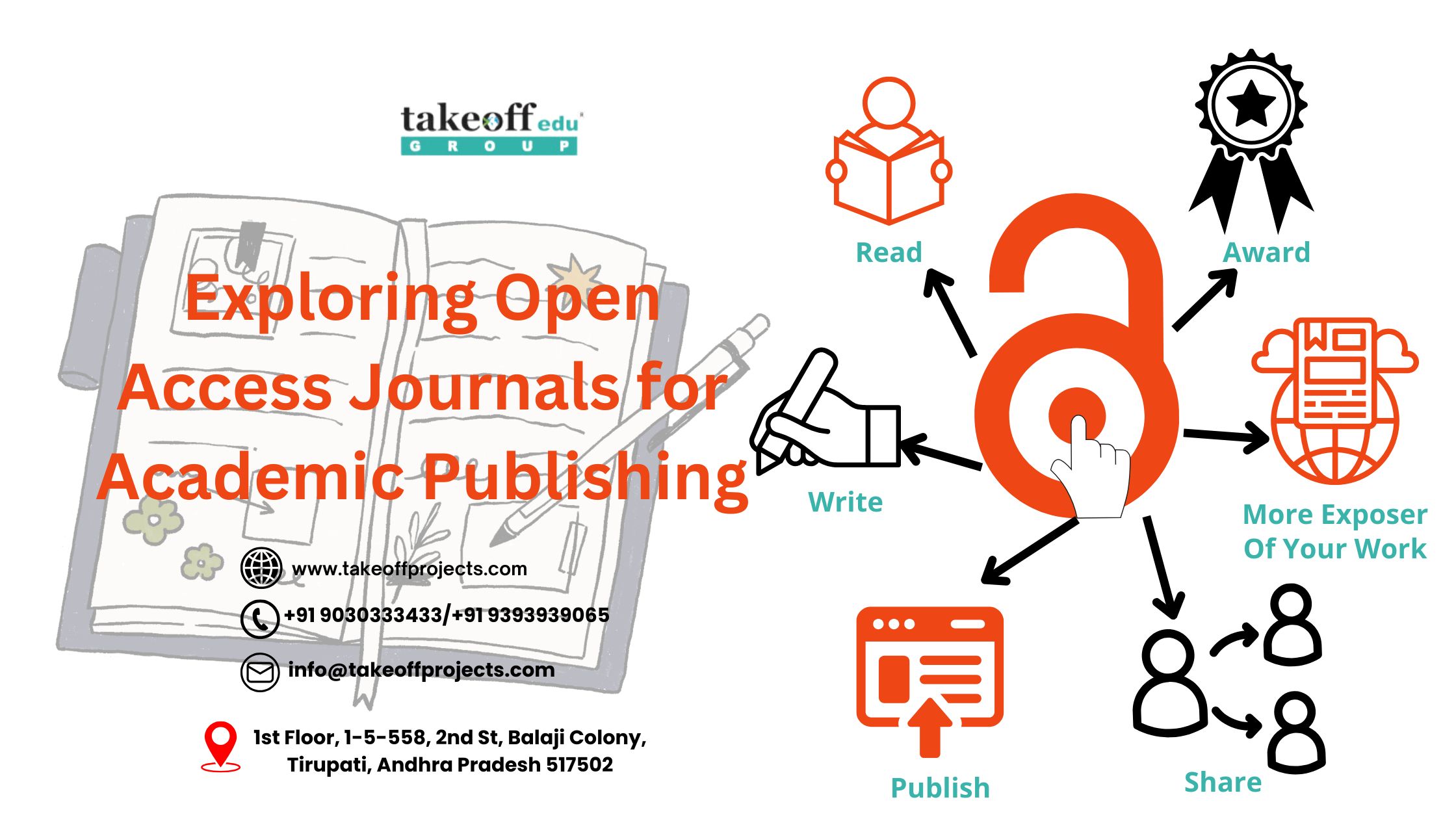 Exploring Open Access Journals for Academic Publishing
Exploring Open Access Journals for Academic Publishing 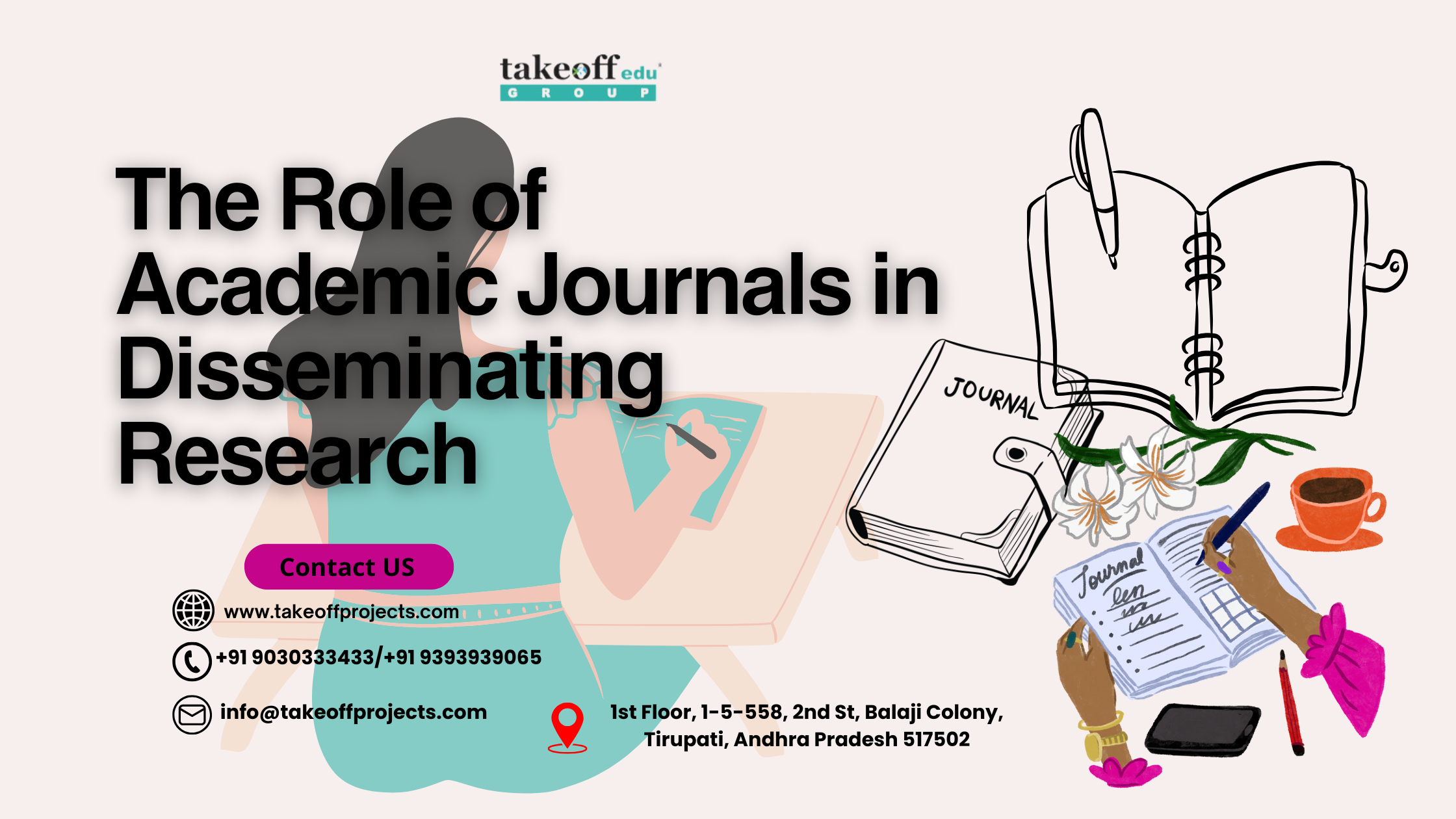 The Role of Academic Journals in Disseminating Research
The Role of Academic Journals in Disseminating Research 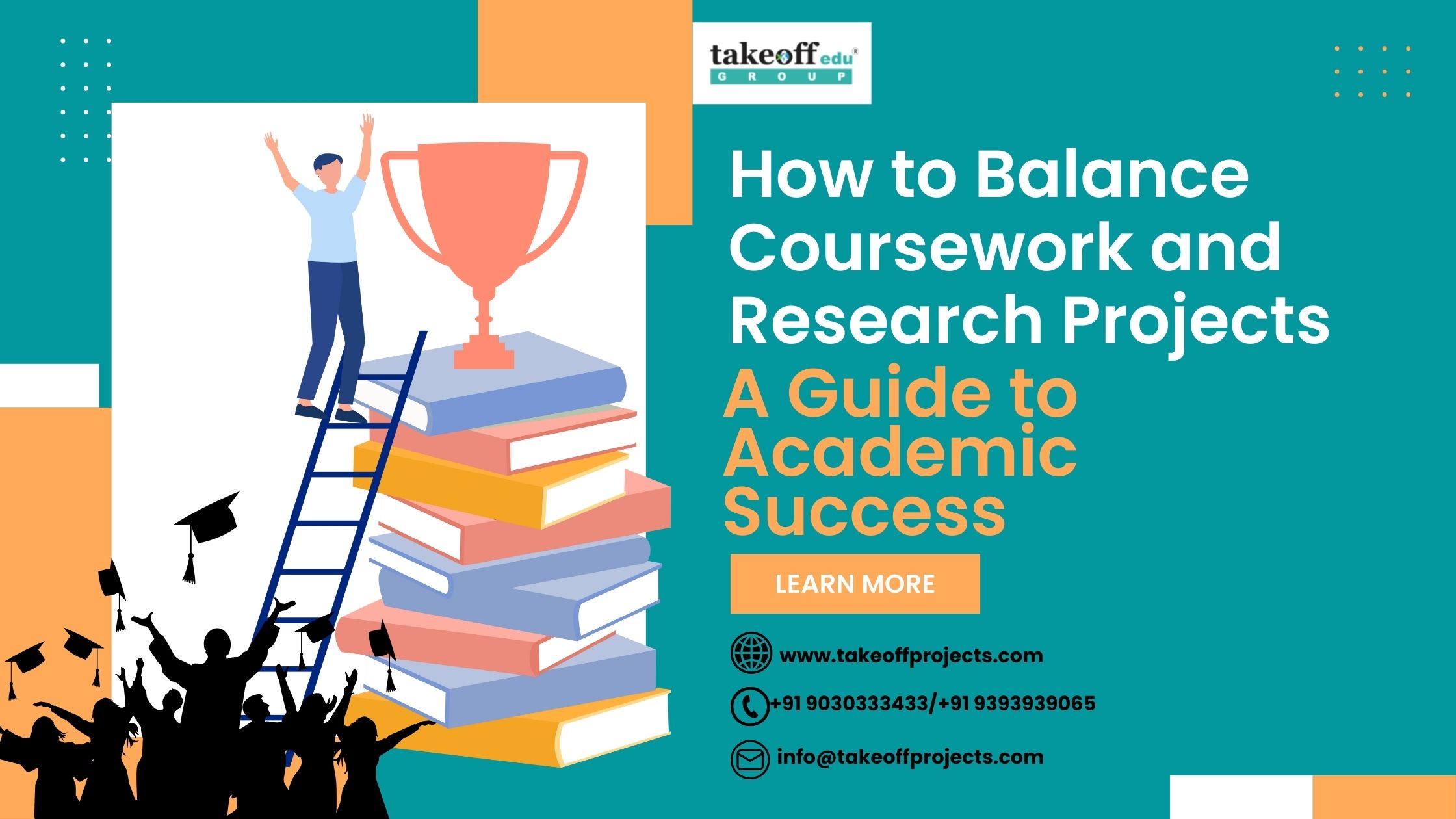 How to Balance Coursework and Research Projects: A Guide to Academic Success
How to Balance Coursework and Research Projects: A Guide to Academic Success 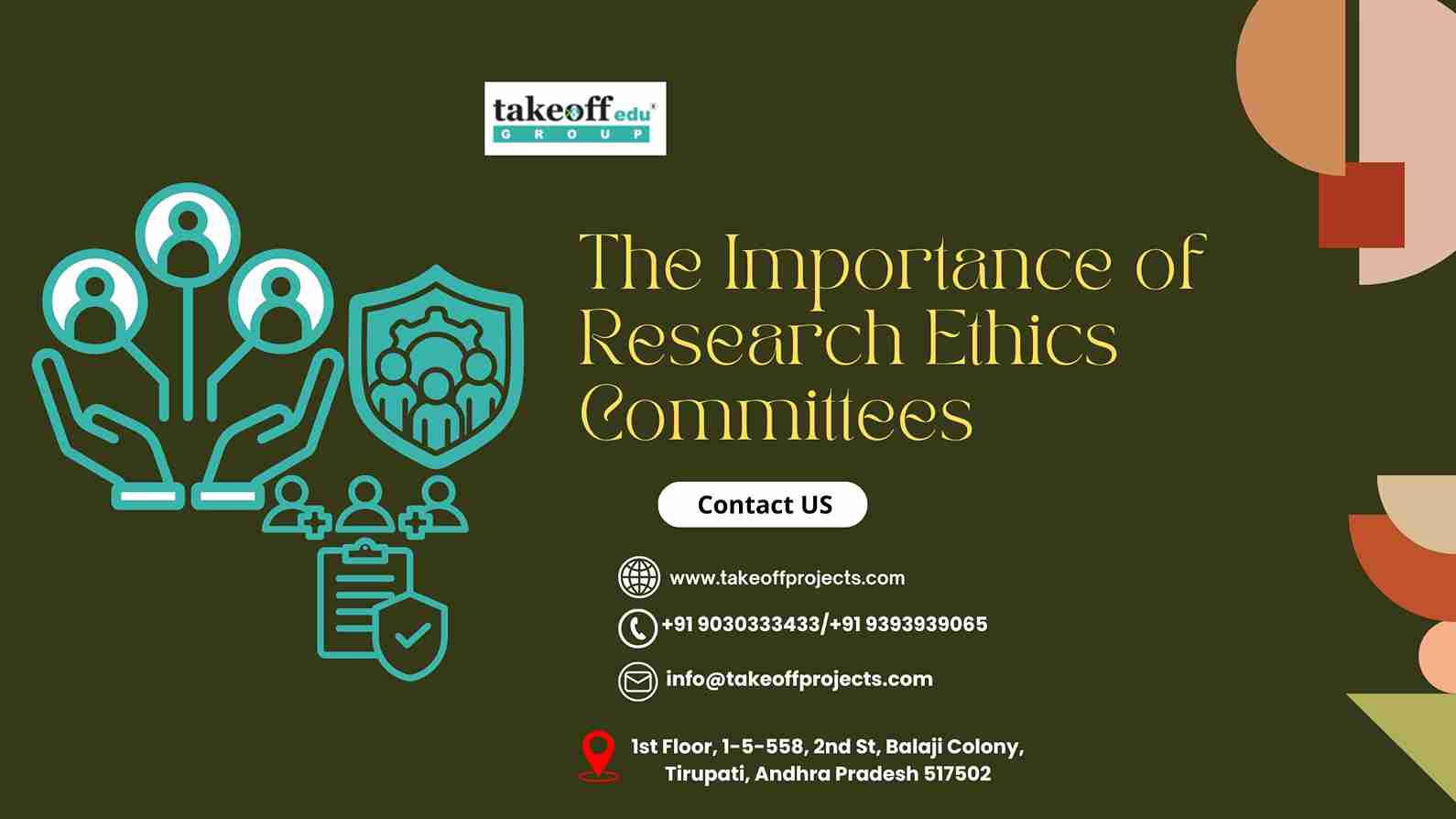 The Importance of Research Ethics Committees
The Importance of Research Ethics Committees  Innovative Teaching Methods to Support Academic Research Projects
Innovative Teaching Methods to Support Academic Research Projects 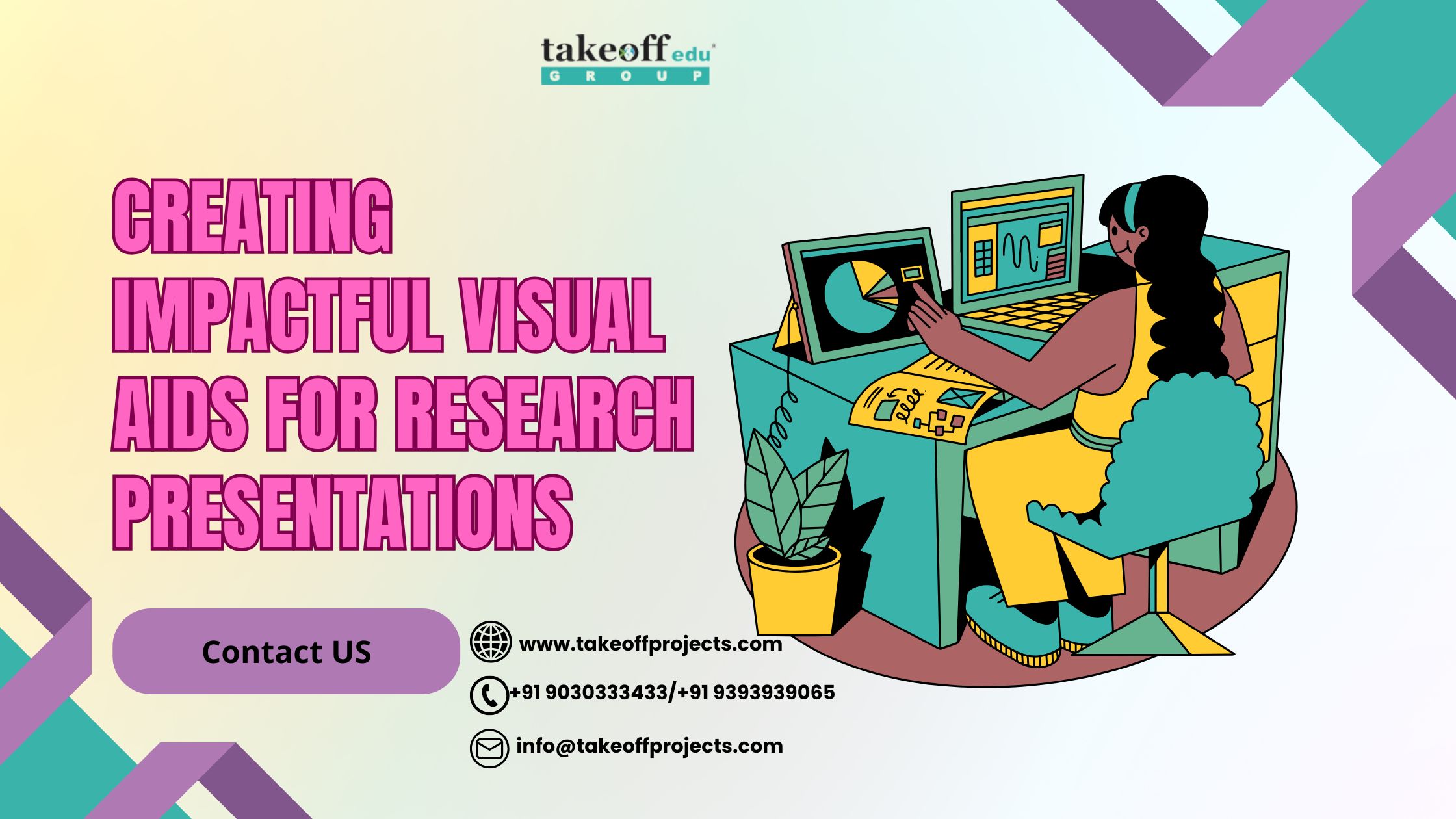 Creating Impactful Visual Aids for Research Presentations
Creating Impactful Visual Aids for Research Presentations 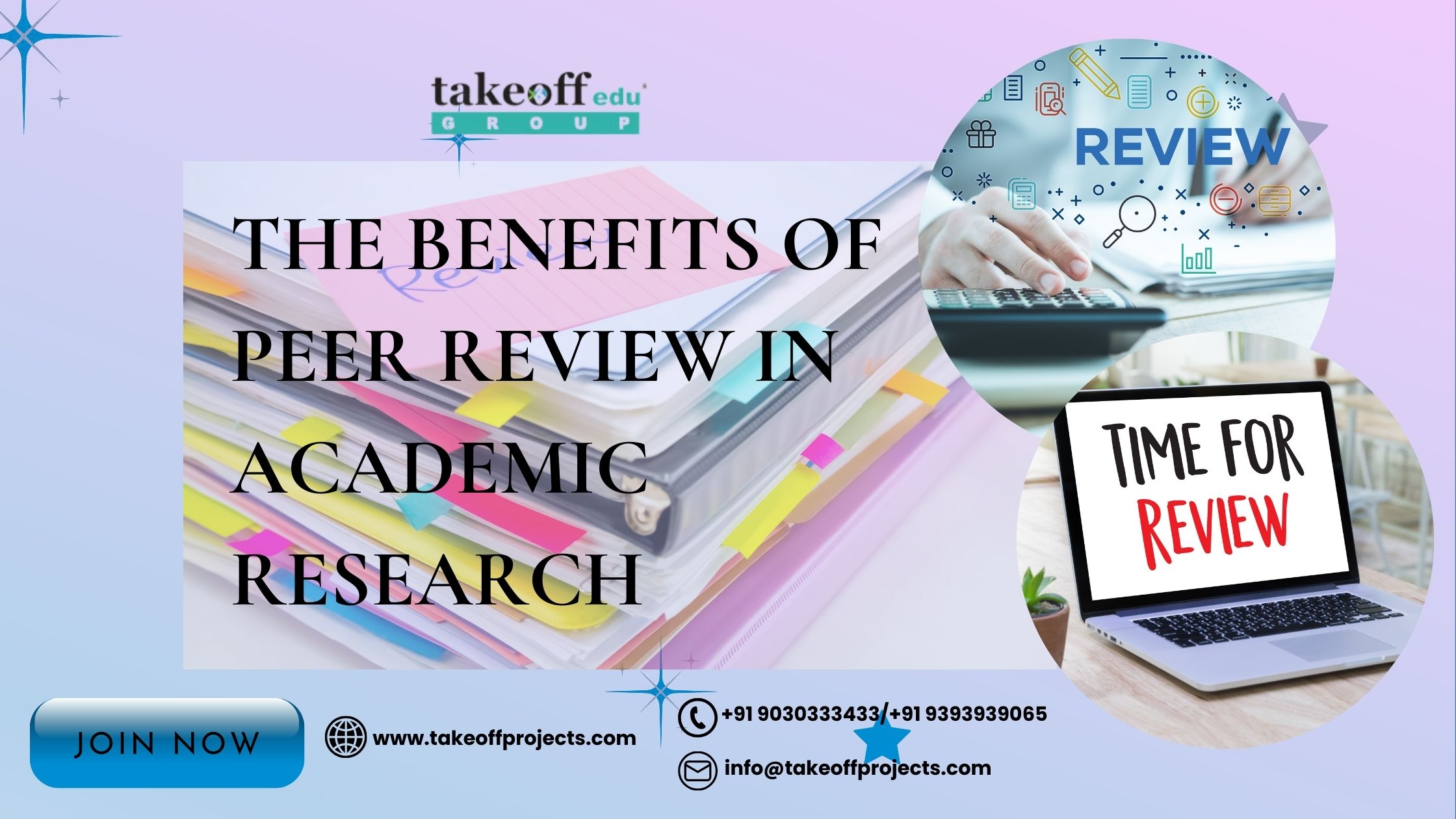 The Benefits of Peer Review in Academic Research
The Benefits of Peer Review in Academic Research 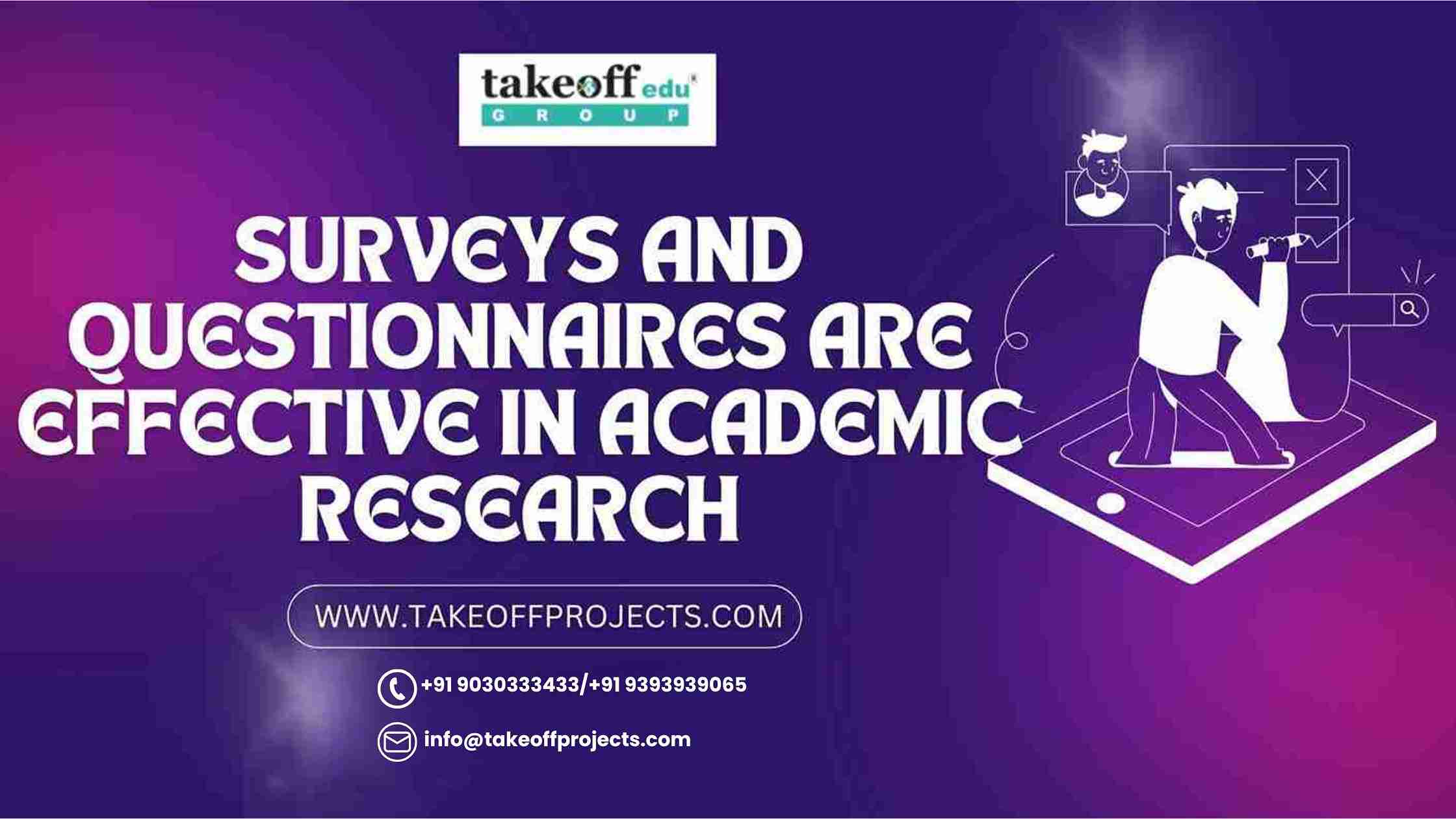 Surveys and Questionnaires are Effective in Academic Research
Surveys and Questionnaires are Effective in Academic Research 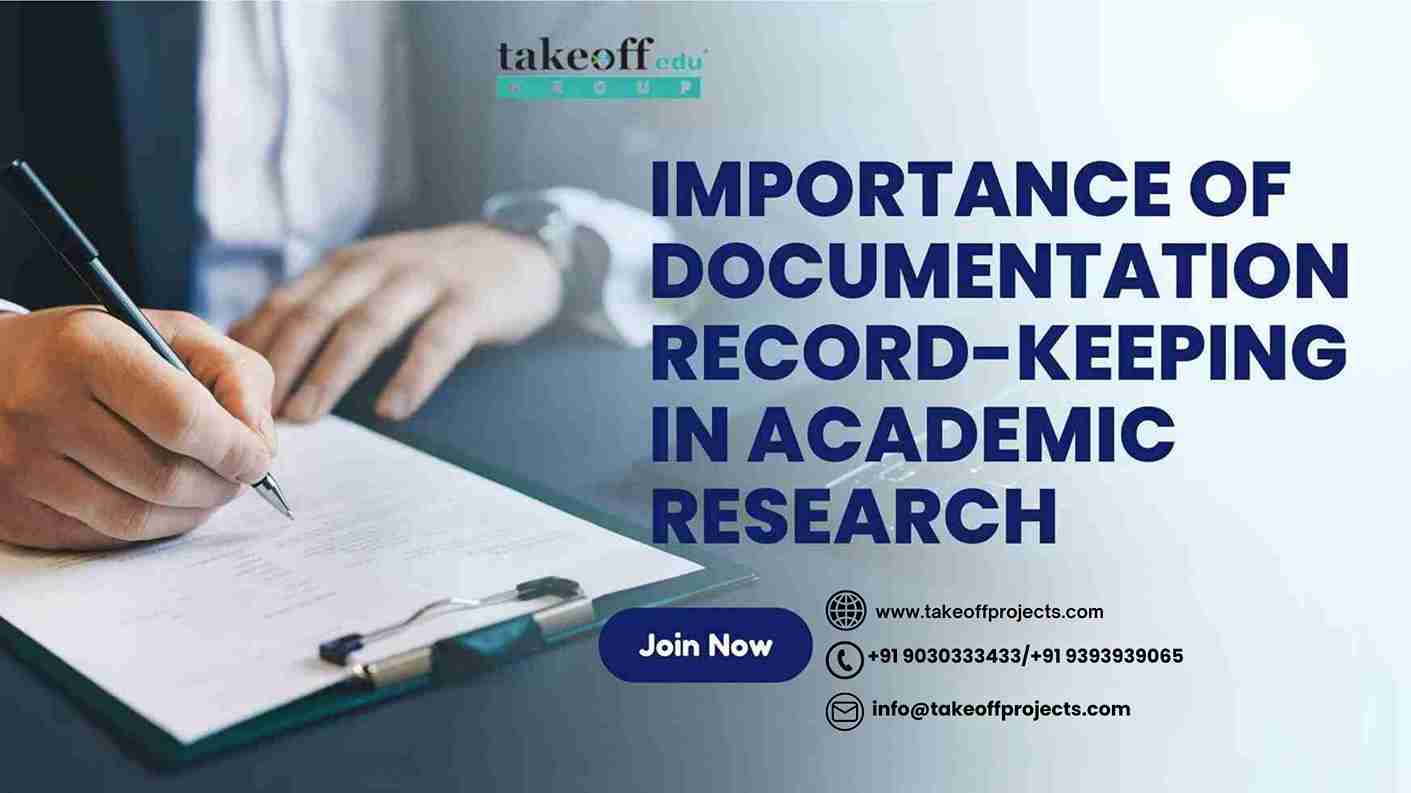 Importance of Documentation Record-Keeping in Academic Research
Importance of Documentation Record-Keeping in Academic Research 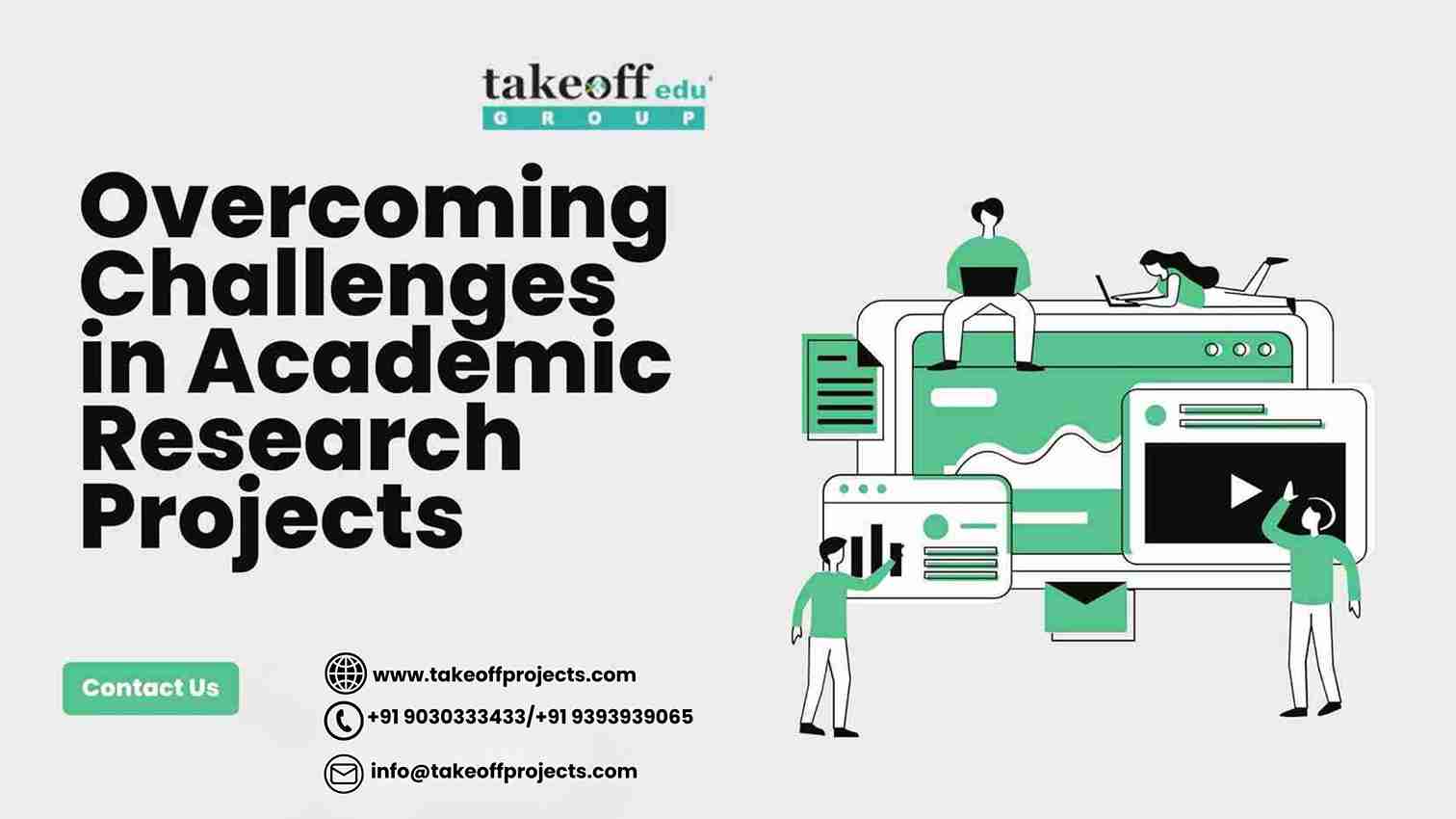 Overcoming Challenges in Academic Research Projects
Overcoming Challenges in Academic Research Projects 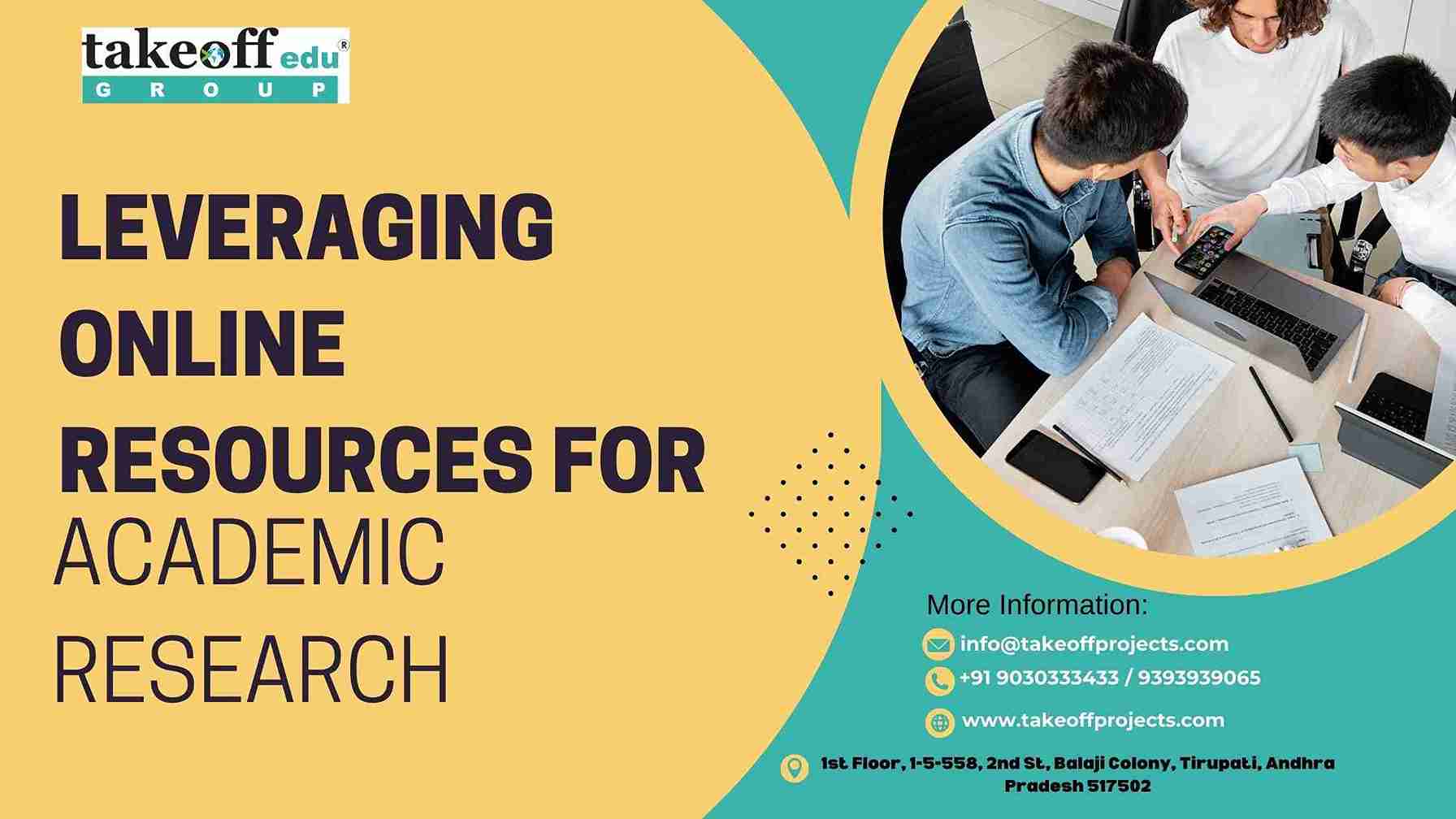 Leveraging Online Resources for Academic Research
Leveraging Online Resources for Academic Research  Successful Academic Projects in Computer Science: Case Studies
Successful Academic Projects in Computer Science: Case Studies 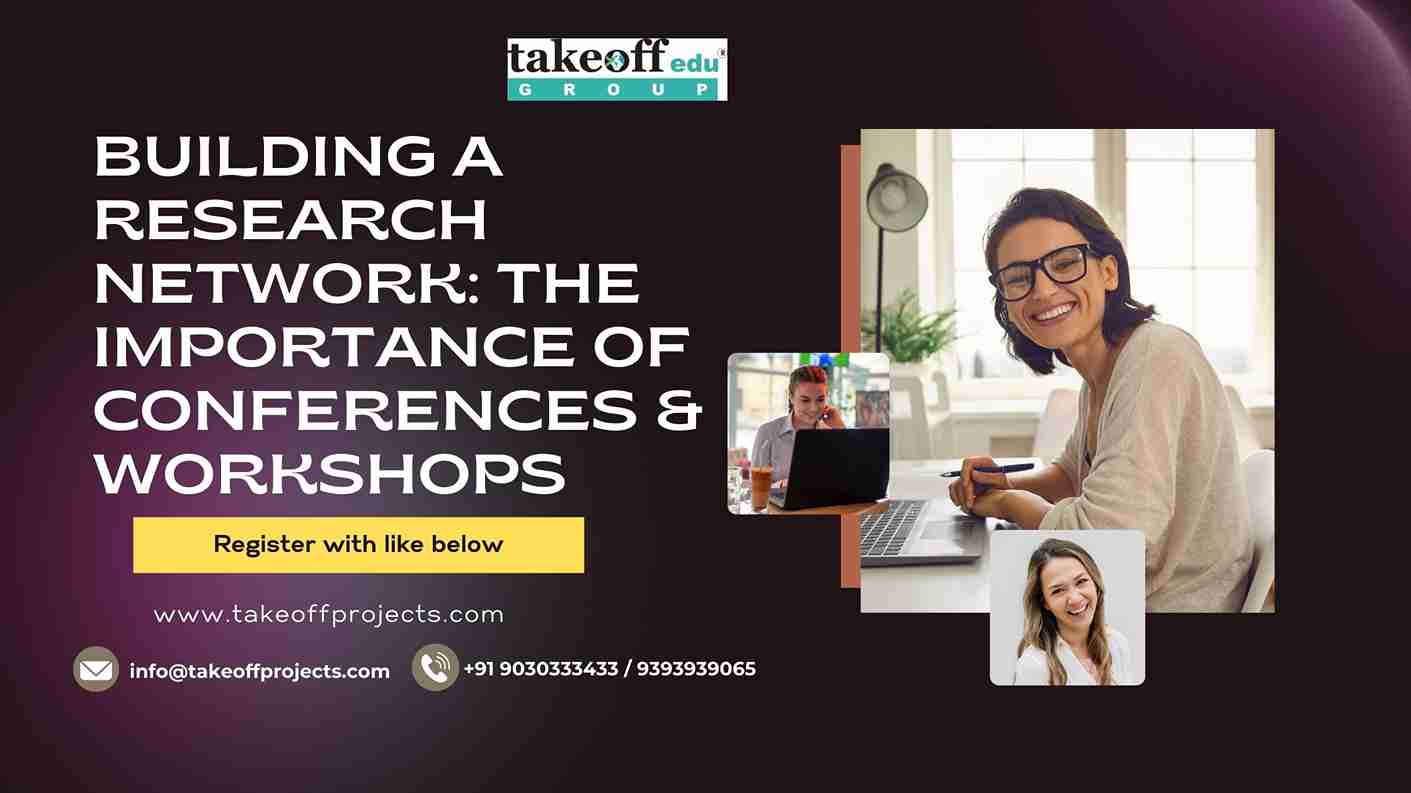 Building a Research Network: The Importance of Conferences and Workshops
Building a Research Network: The Importance of Conferences and Workshops  How Technology Affects Academic Research?
How Technology Affects Academic Research? 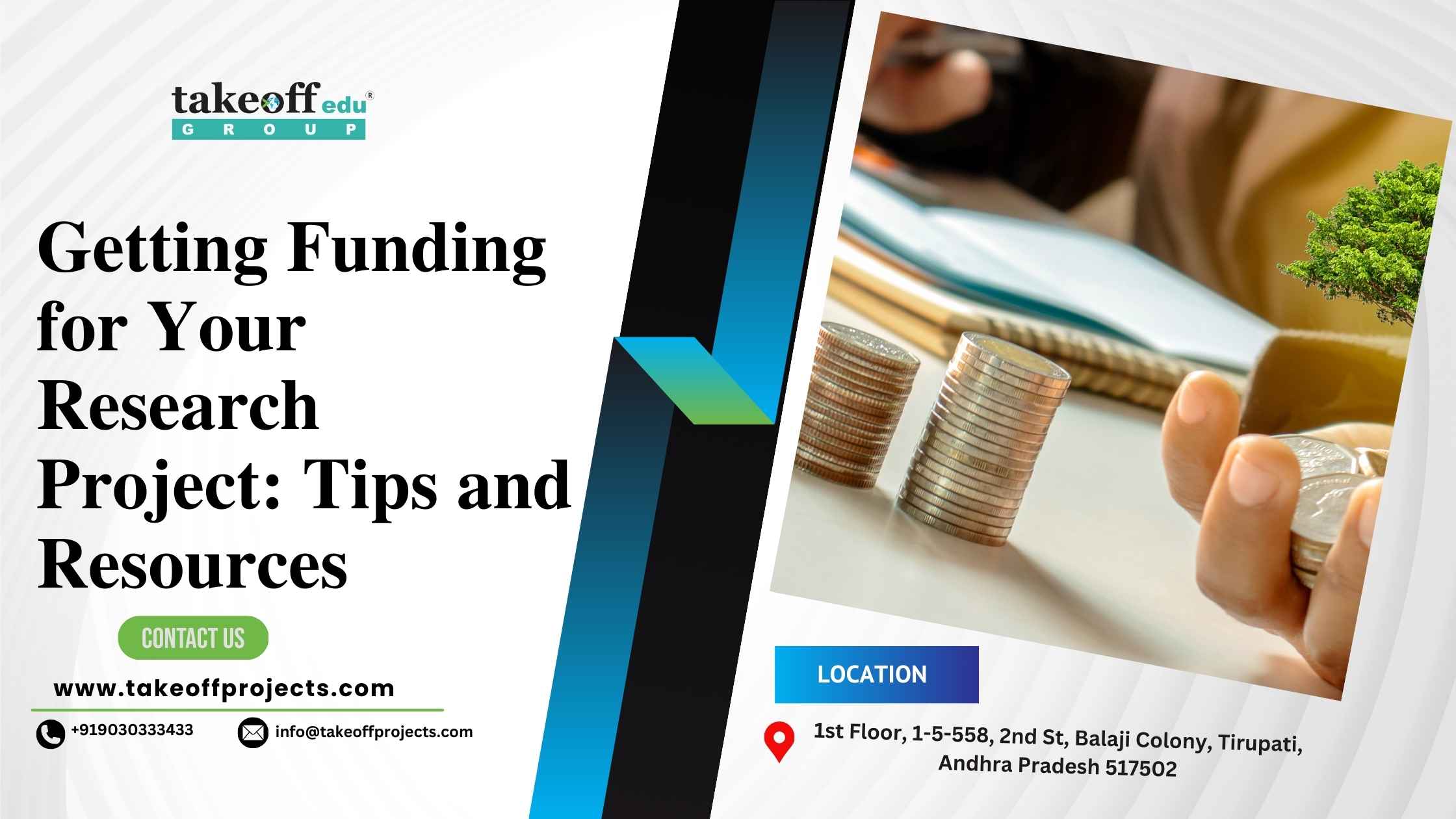 Getting Funding for Your Research Project: Tips and Resources
Getting Funding for Your Research Project: Tips and Resources 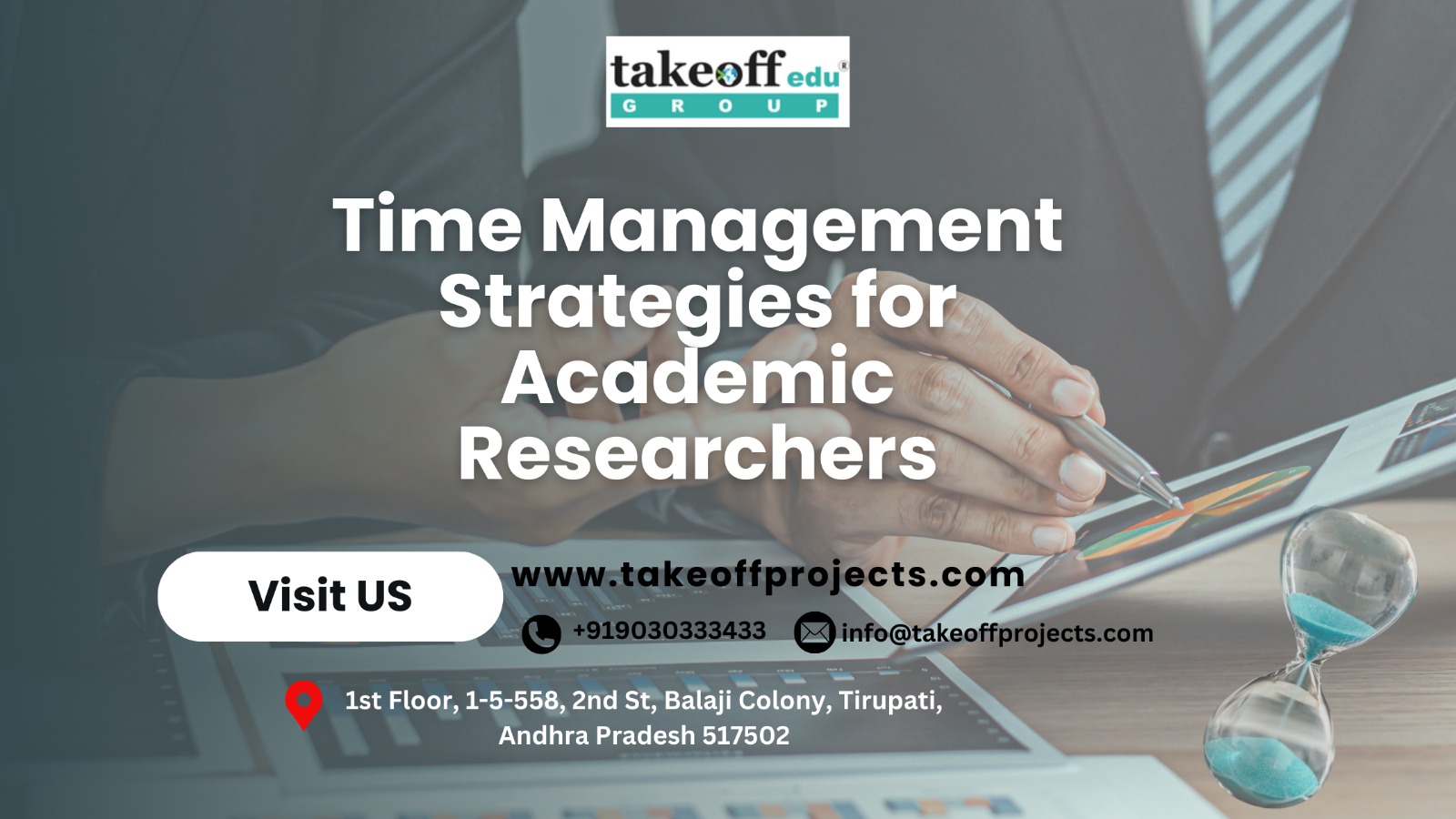 Time Management Strategies for Academic Researchers
Time Management Strategies for Academic Researchers 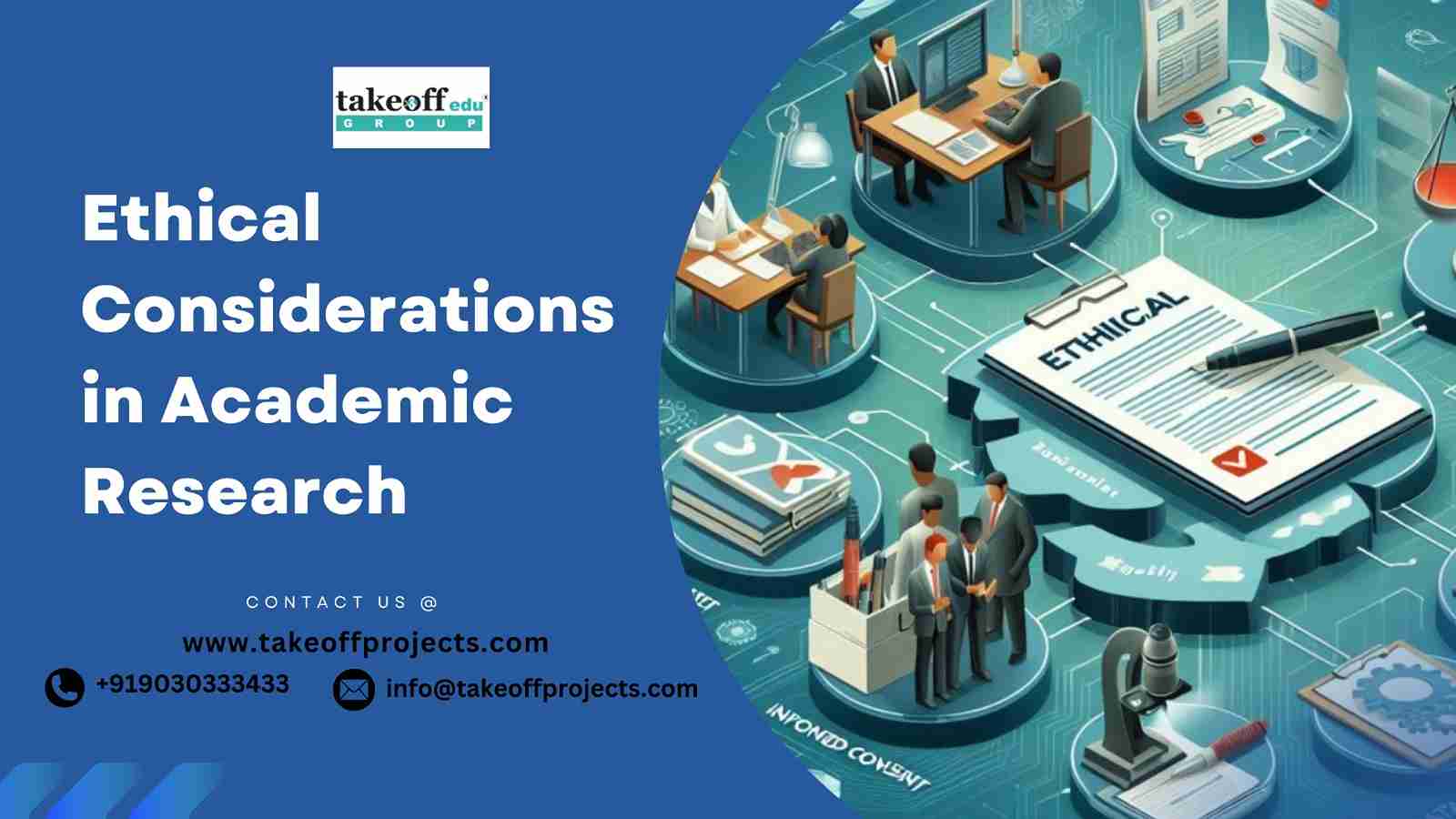 Ethical Considerations in Academic Research
Ethical Considerations in Academic Research 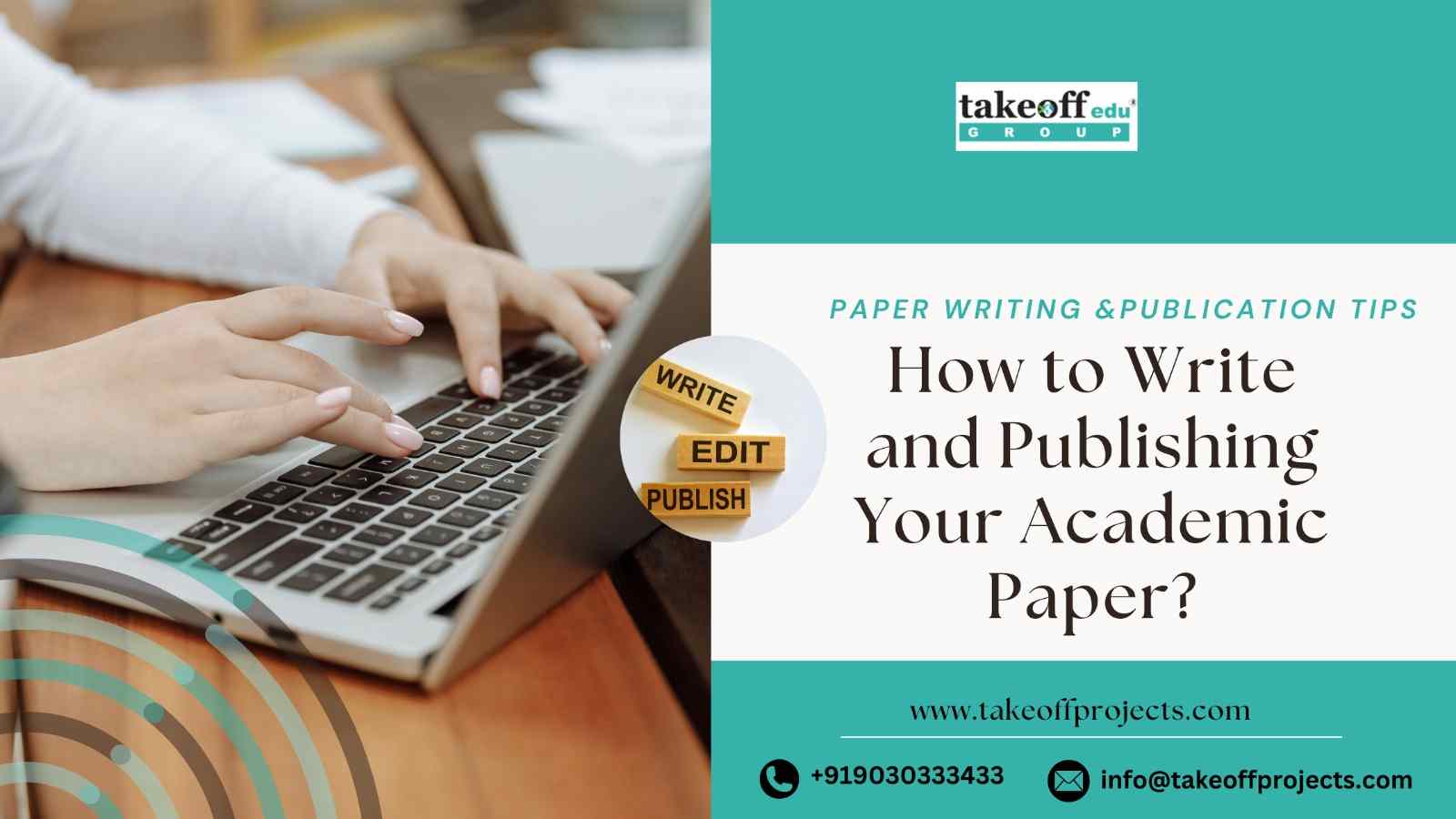 How to Write and Publishing Your Academic Paper?
How to Write and Publishing Your Academic Paper? 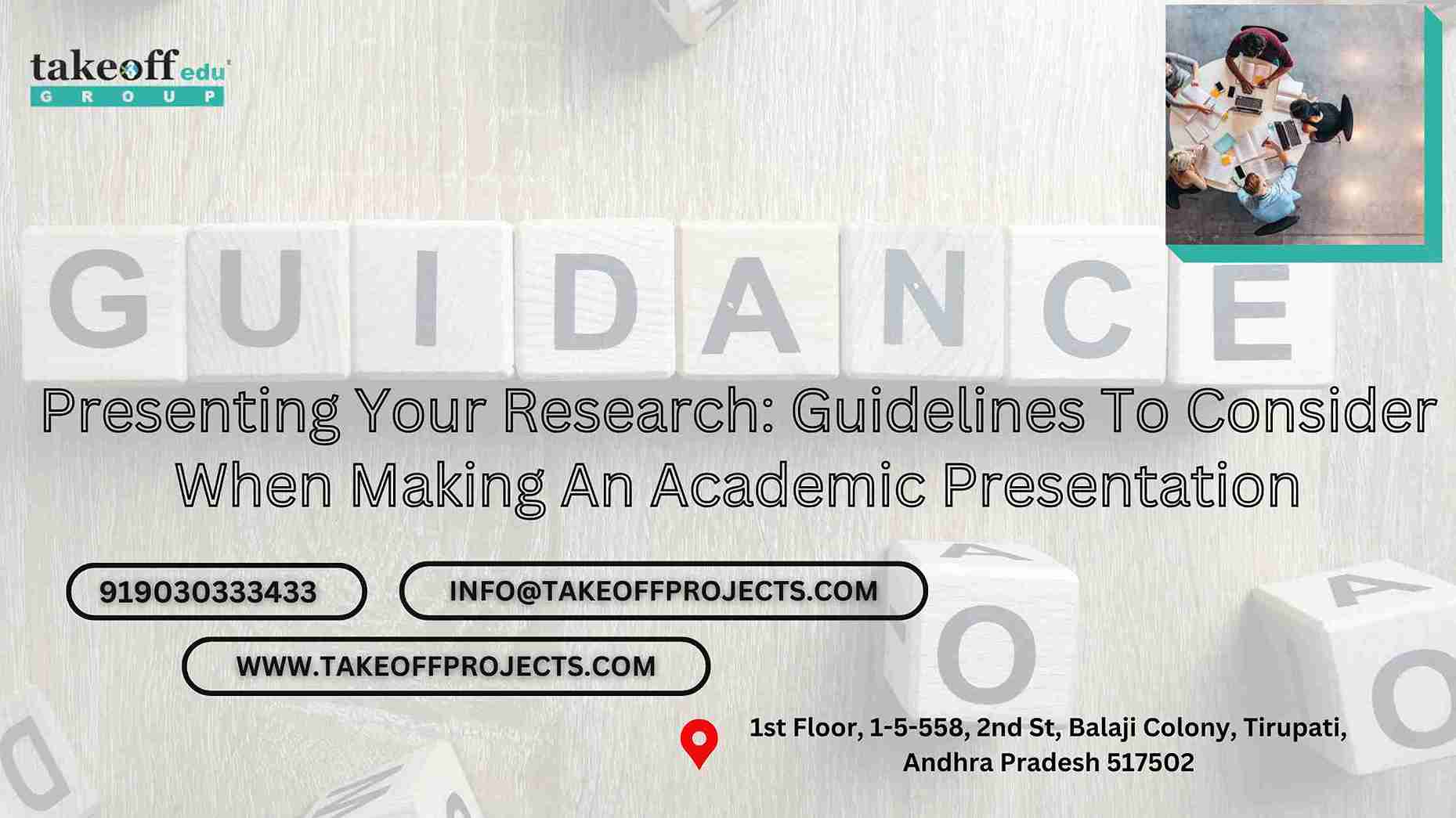 Presenting Your Research: Guidelines To Consider When Making An Academic Presentation
Presenting Your Research: Guidelines To Consider When Making An Academic Presentation  Analyzing Research Data: Effective Techniques in Engineering Projects
Analyzing Research Data: Effective Techniques in Engineering Projects 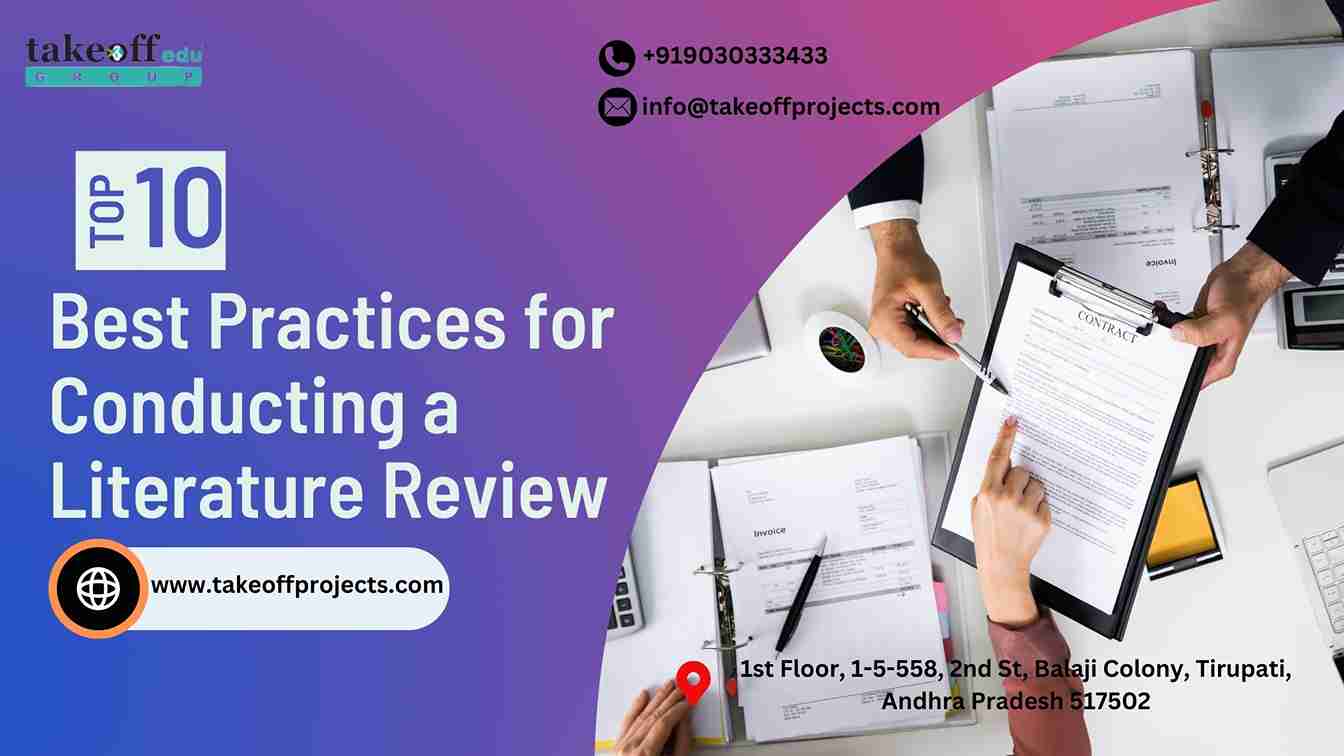 Best Practices for Conducting a Literature Review
Best Practices for Conducting a Literature Review  Writing a Winning Student Research Proposal: A Step-by-Step Guide
Writing a Winning Student Research Proposal: A Step-by-Step Guide 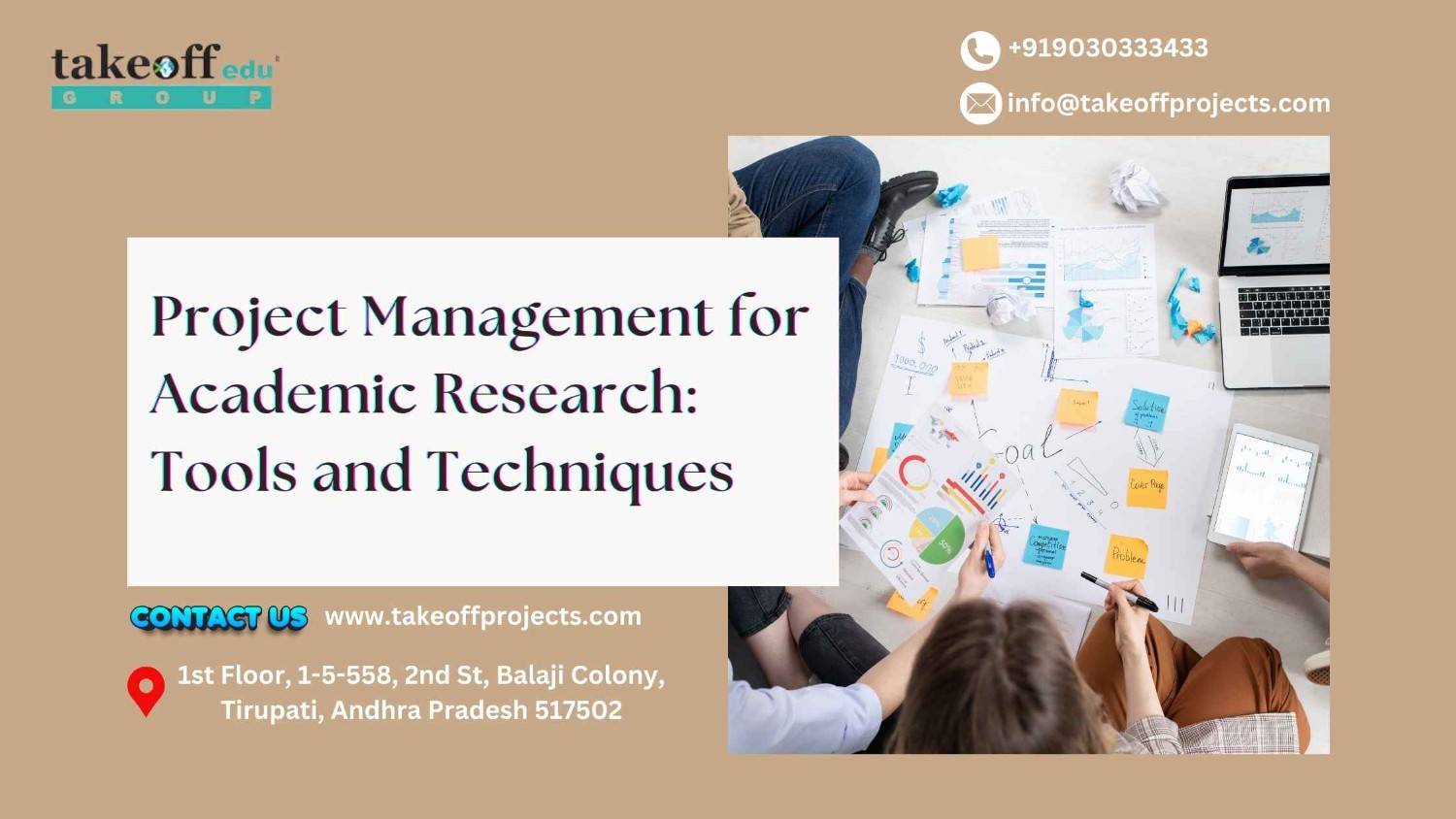 Project Management for Academic Research: Tools and Techniques
Project Management for Academic Research: Tools and Techniques  How to Choose the Perfect Academic Project Topic?
How to Choose the Perfect Academic Project Topic?  Presenting Final Year Project to Your Supervisor
Presenting Final Year Project to Your Supervisor  Trending Engineering Projects in 2024 Future-Ready
Trending Engineering Projects in 2024 Future-Ready 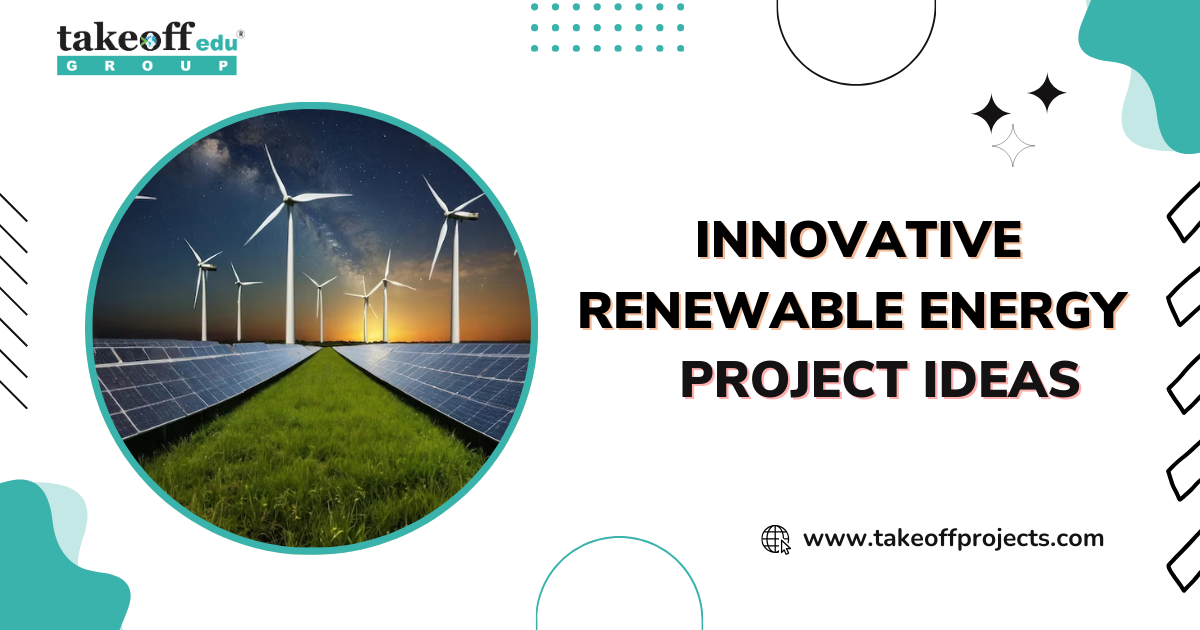 Innovative Renewable Energy Project Ideas
Innovative Renewable Energy Project Ideas  How Engineering Projects Ideas to contribute your academic year?
How Engineering Projects Ideas to contribute your academic year? 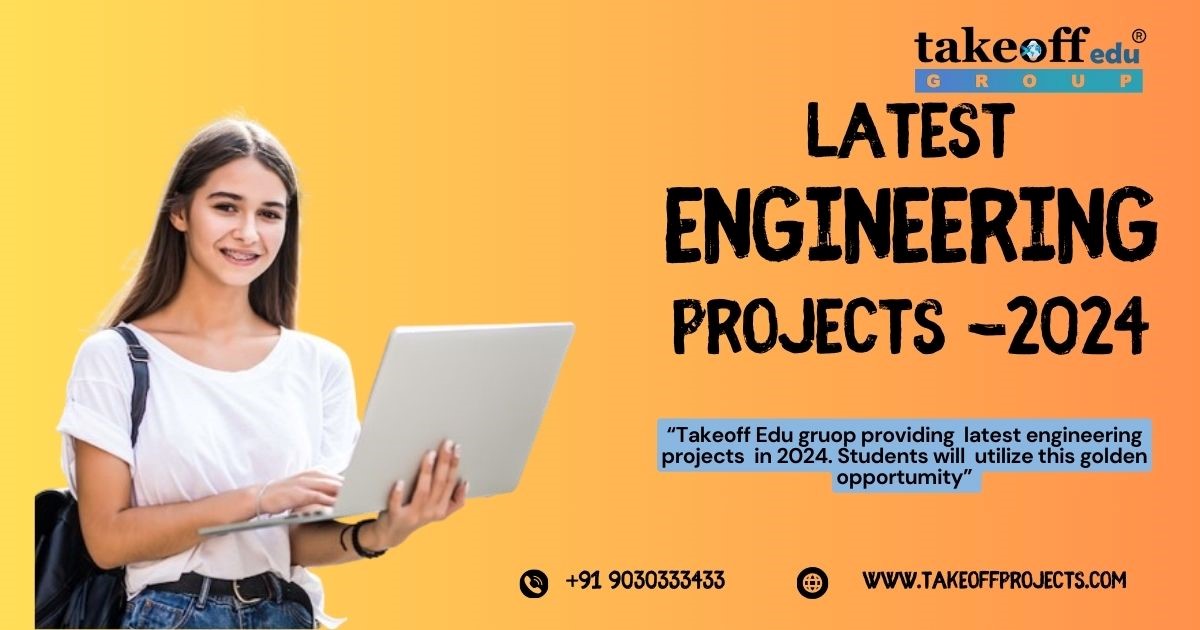 Latest Engineering Projects in 2024
Latest Engineering Projects in 2024 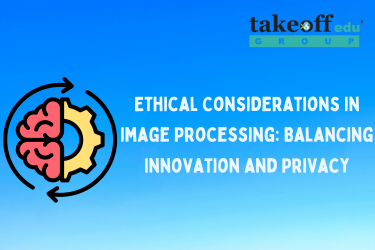 Ethical Considerations in Image Processing: Balancing Innovation and Privacy
Ethical Considerations in Image Processing: Balancing Innovation and Privacy  From Pixels to Insights A Journey into Image Enhancement Algorithms
From Pixels to Insights A Journey into Image Enhancement Algorithms  The Role of Convolutional Neural Networks in Medical Image Analysis
The Role of Convolutional Neural Networks in Medical Image Analysis 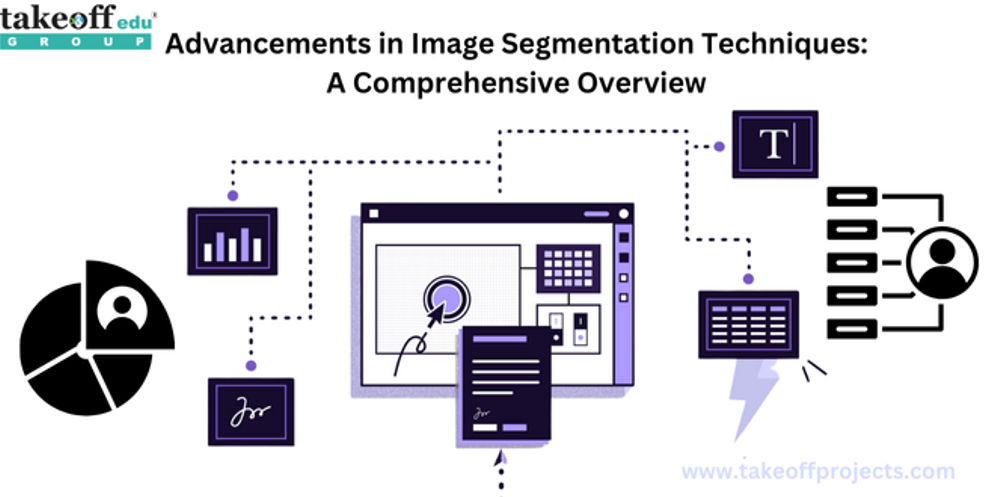 Advancements in Image Segmentation Techniques: A Comprehensive Overview
Advancements in Image Segmentation Techniques: A Comprehensive Overview 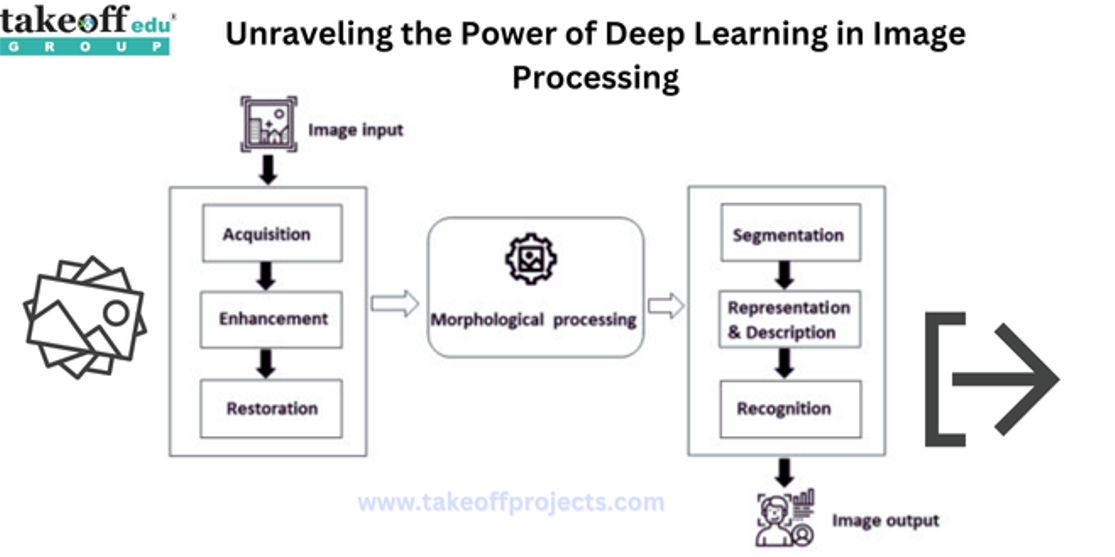 Unraveling the Power of Deep Learning in Image Processing
Unraveling the Power of Deep Learning in Image Processing 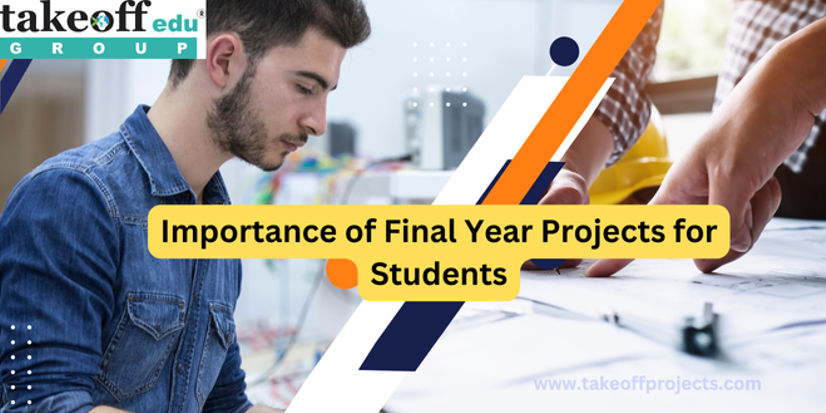 Importance of Final Year Projects for Students
Importance of Final Year Projects for Students  How to Present Your Final Year Project to Your Supervisor?
How to Present Your Final Year Project to Your Supervisor?  How to Choose the Right Final Year Project Topic?
How to Choose the Right Final Year Project Topic? 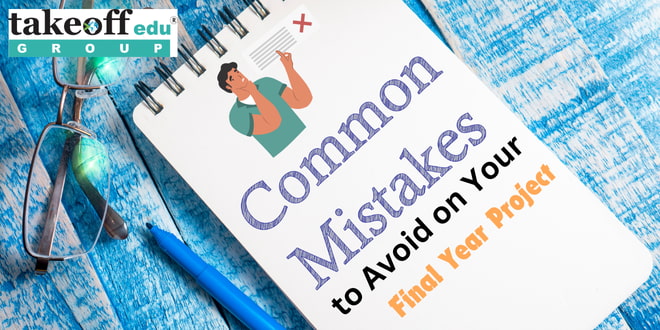 Common Mistakes to Avoid on Your Final Year Project
Common Mistakes to Avoid on Your Final Year Project 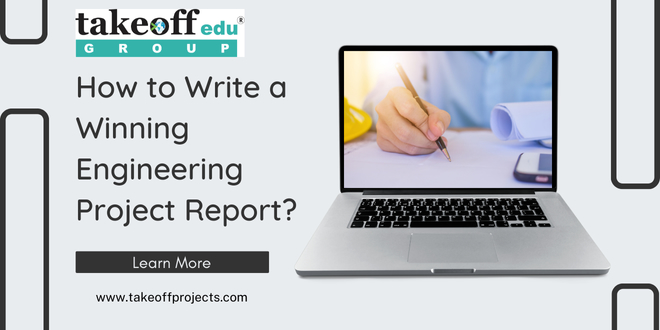 How to Write a Winning Engineering Project Report?
How to Write a Winning Engineering Project Report? 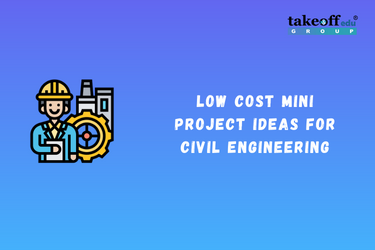 Low Cost Mini Projects Ideas for Civil Engineering
Low Cost Mini Projects Ideas for Civil Engineering  Low Cost Mini Project Ideas for Mechanical Engineering
Low Cost Mini Project Ideas for Mechanical Engineering 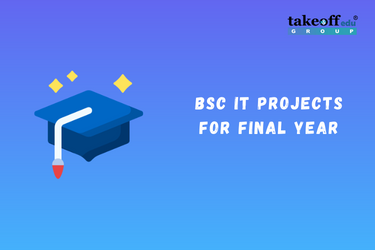 BSc IT Projects for Final Year
BSc IT Projects for Final Year 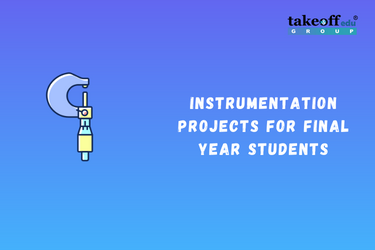 Instrumentation Projects for Final Year Students
Instrumentation Projects for Final Year Students 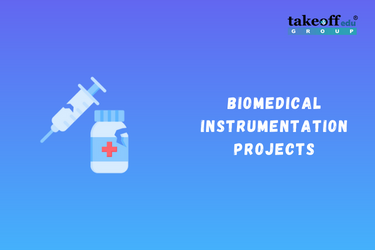 Biomedical Instrumentation Projects
Biomedical Instrumentation Projects  M.Tech Structural Engineering Projects
M.Tech Structural Engineering Projects 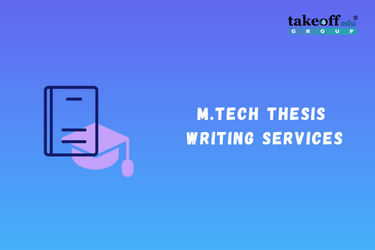 M.Tech Thesis Writing Services
M.Tech Thesis Writing Services 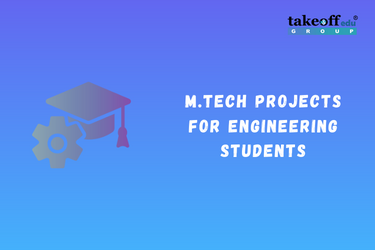 M.Tech Projects for Electrical, Electronics & Software Engineering
M.Tech Projects for Electrical, Electronics & Software Engineering 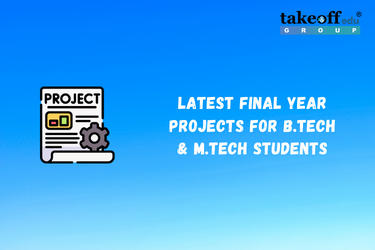 Latest Final Year Projects for B.Tech & M.Tech Students
Latest Final Year Projects for B.Tech & M.Tech Students 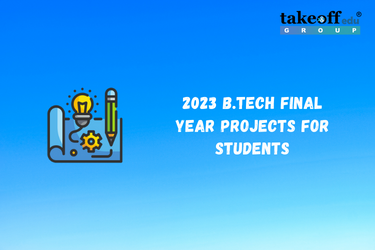 2023 B.Tech Final Year Projects for Students
2023 B.Tech Final Year Projects for Students 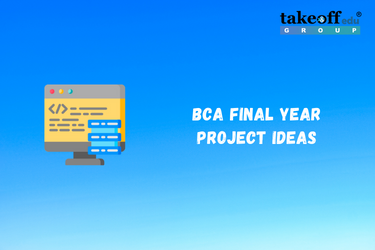 Latest BCA Final Year Project Ideas for 2023
Latest BCA Final Year Project Ideas for 2023 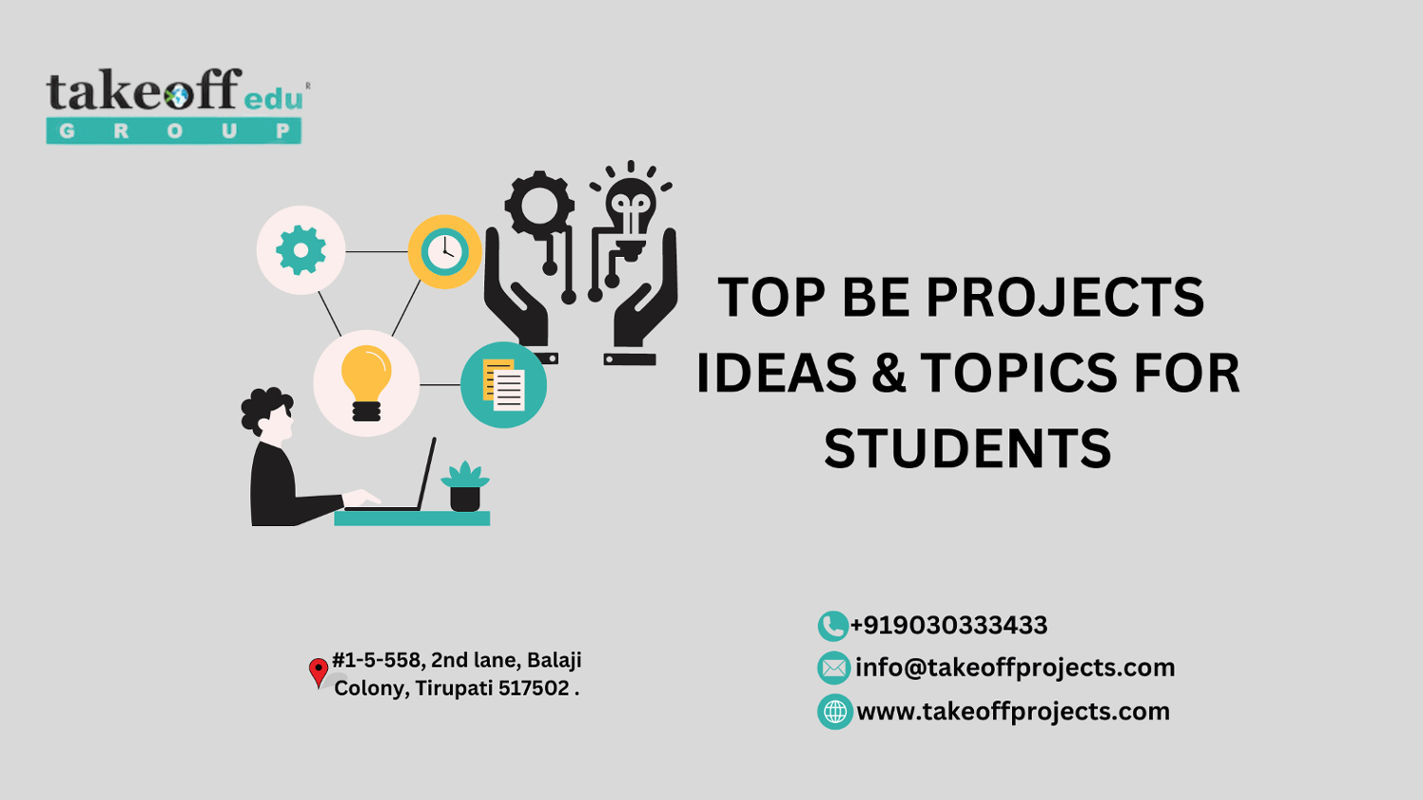 Top BE Projects Ideas & Topics for Students
Top BE Projects Ideas & Topics for Students  14+ Interesting Engineering Projects
14+ Interesting Engineering Projects 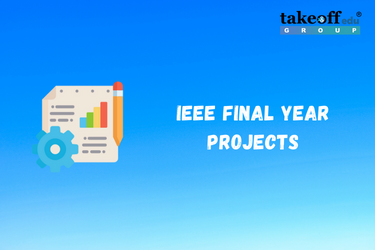 IEEE Final Year Projects
IEEE Final Year Projects 
 Paper Publishing
Paper Publishing


